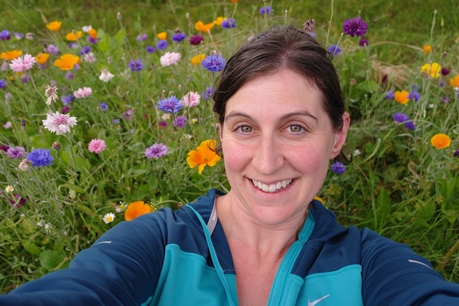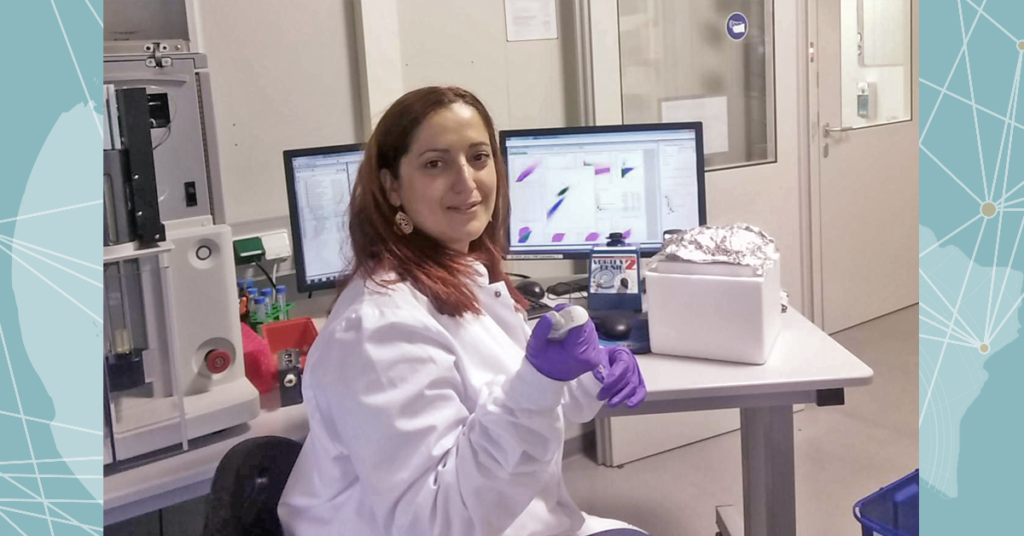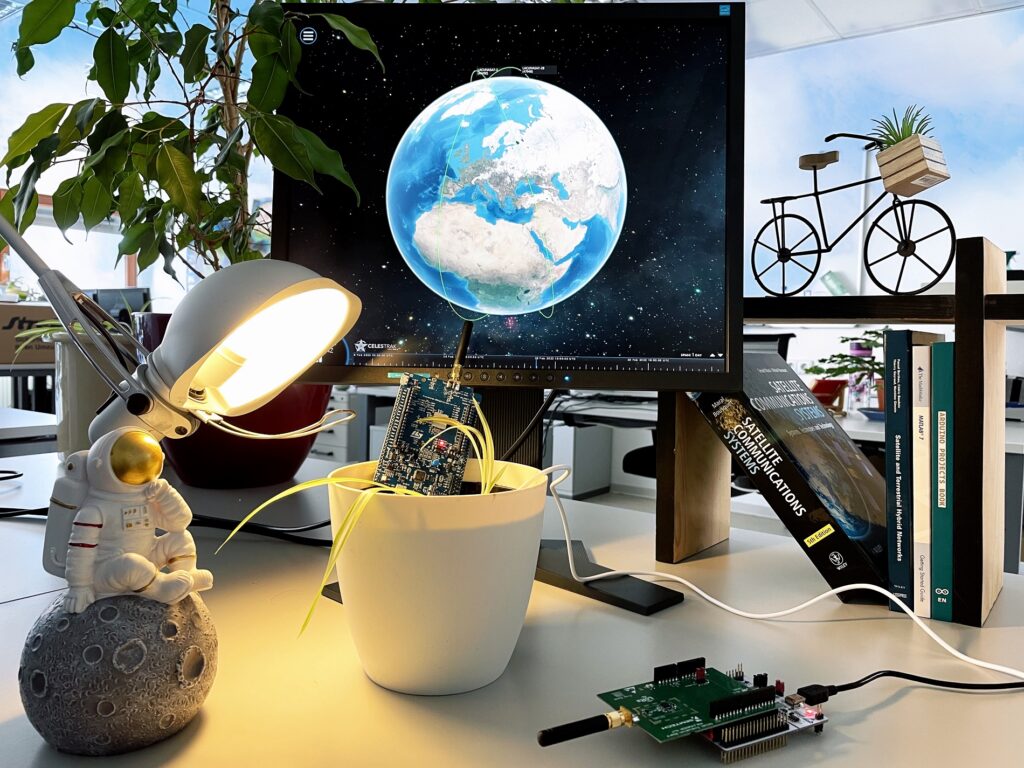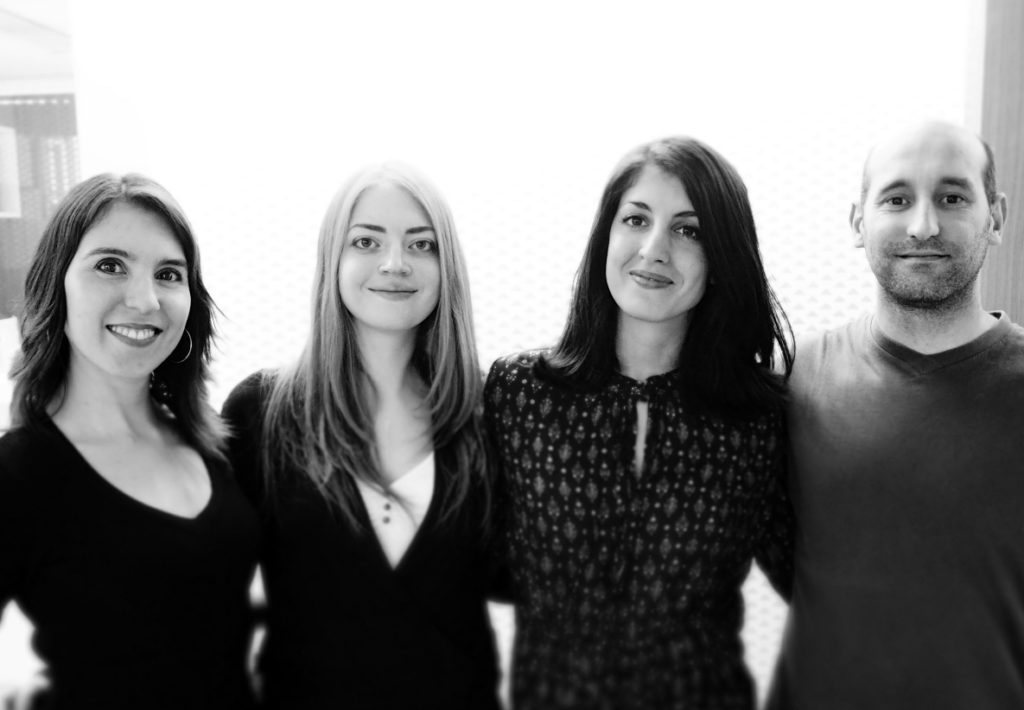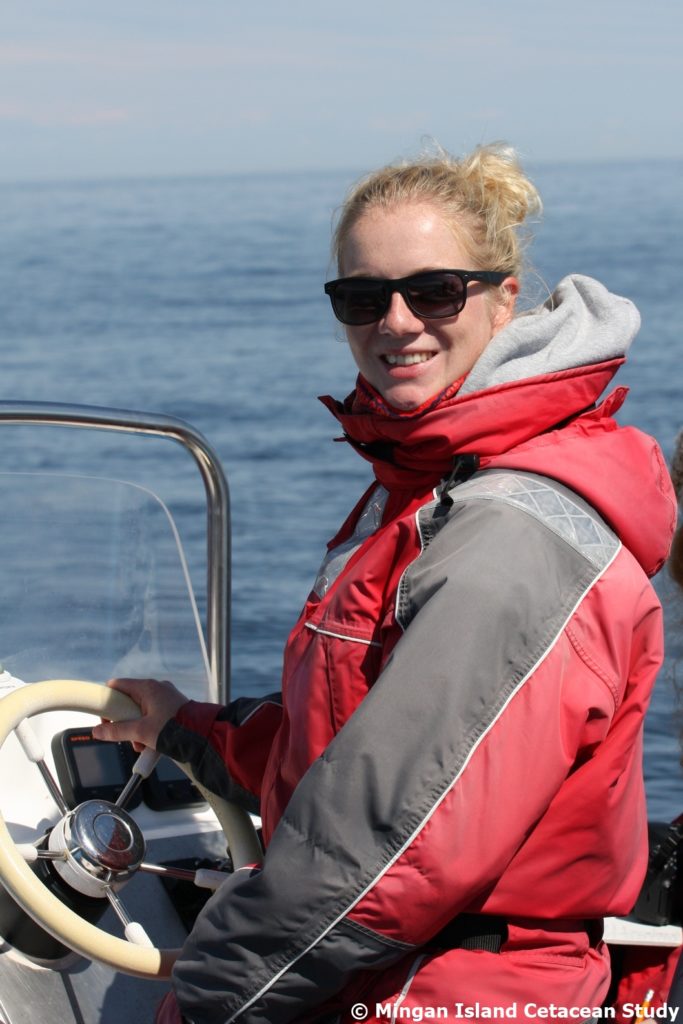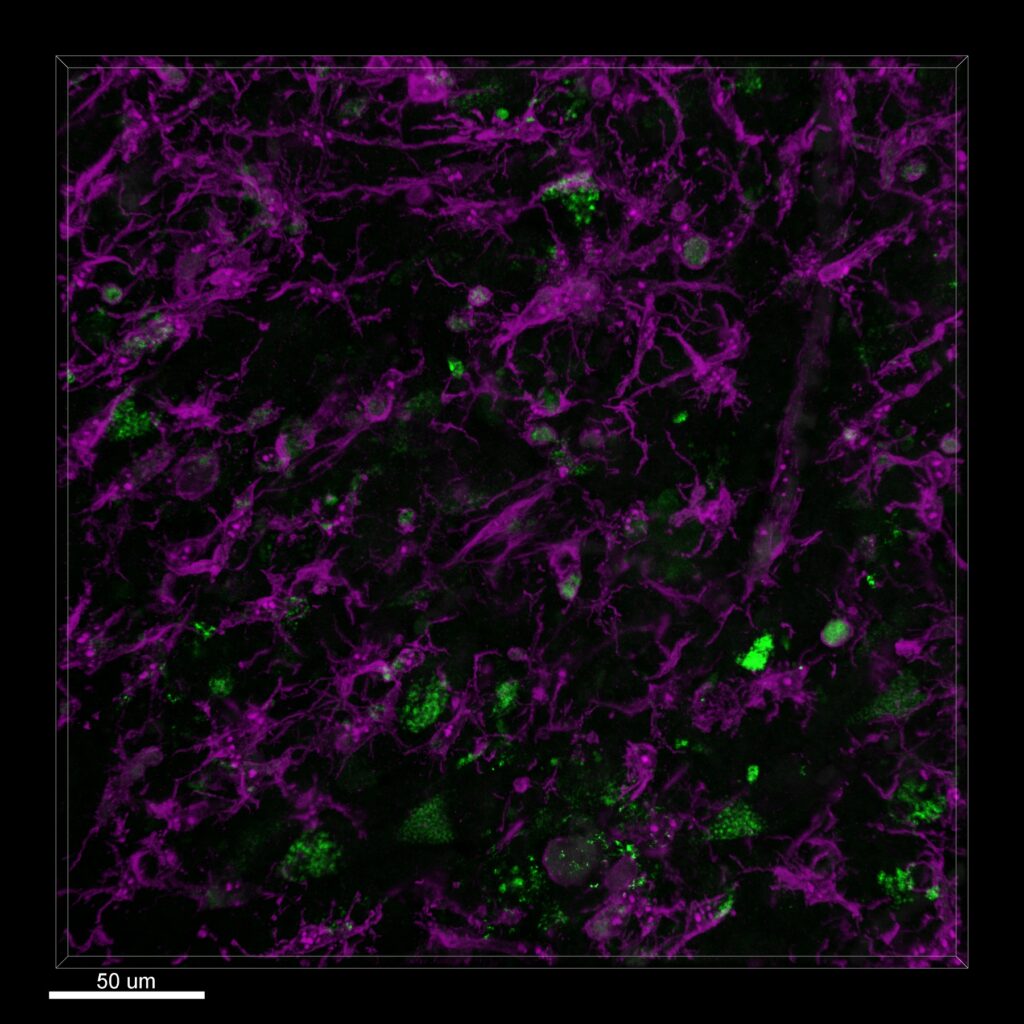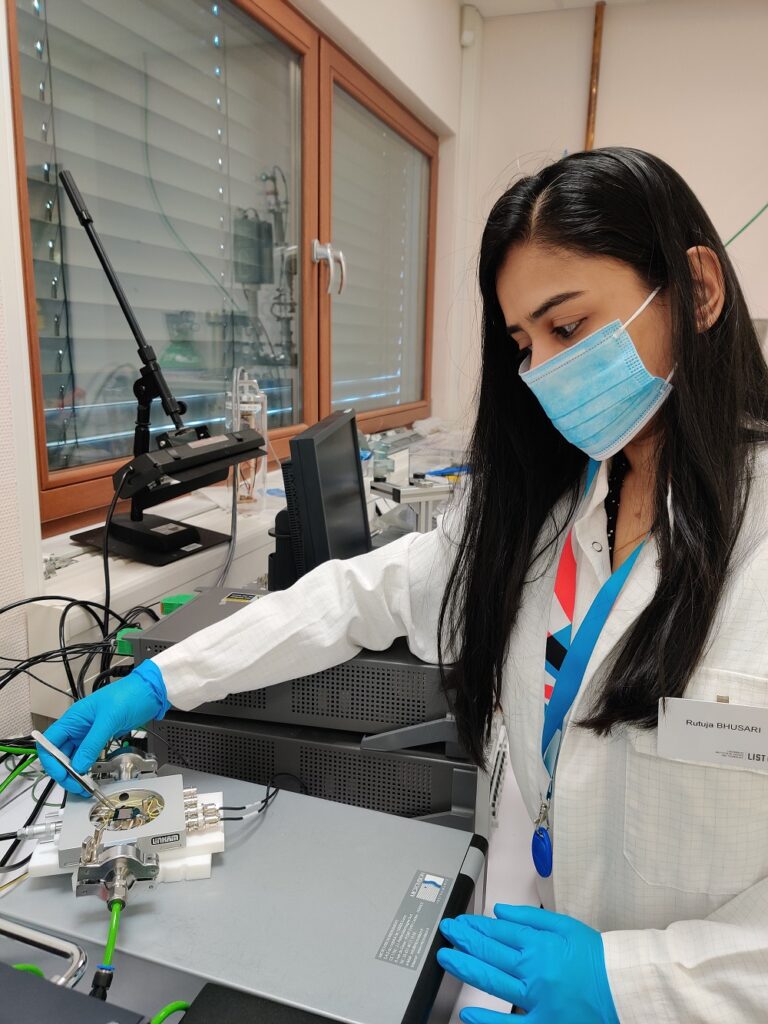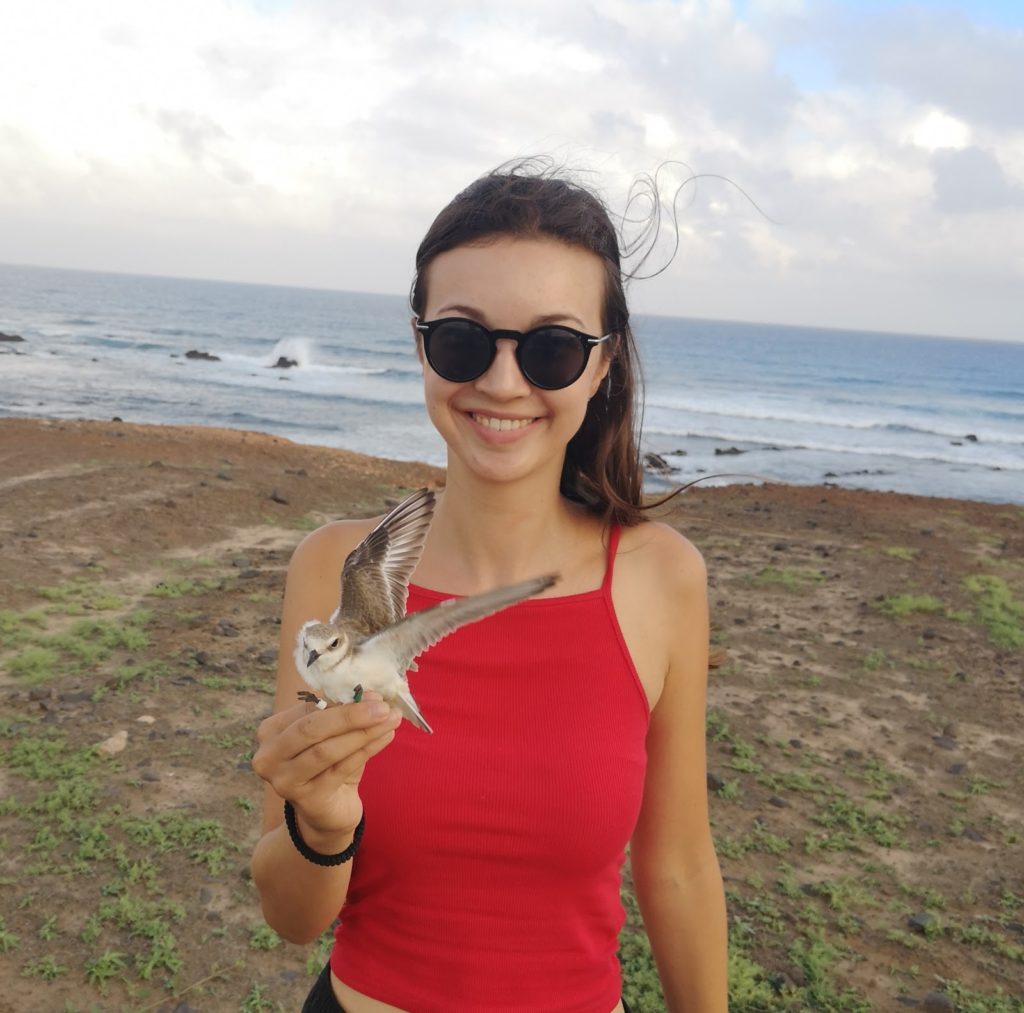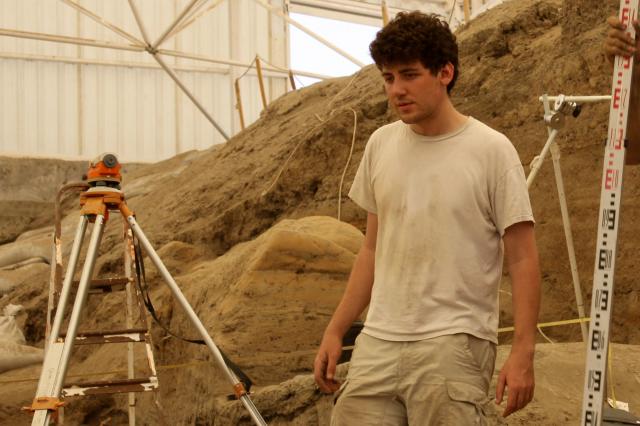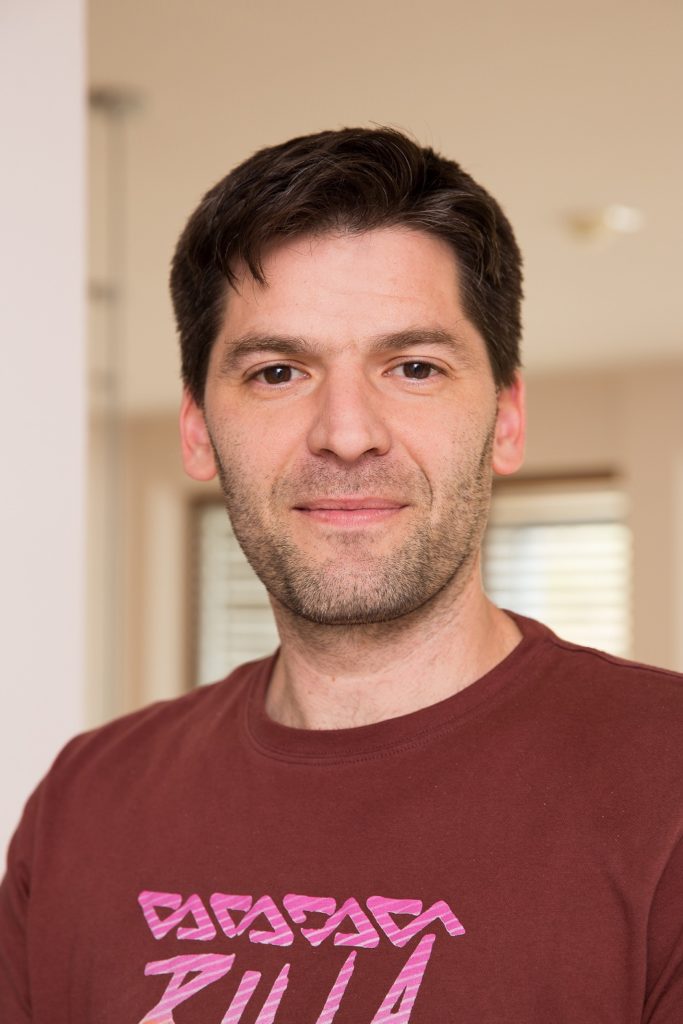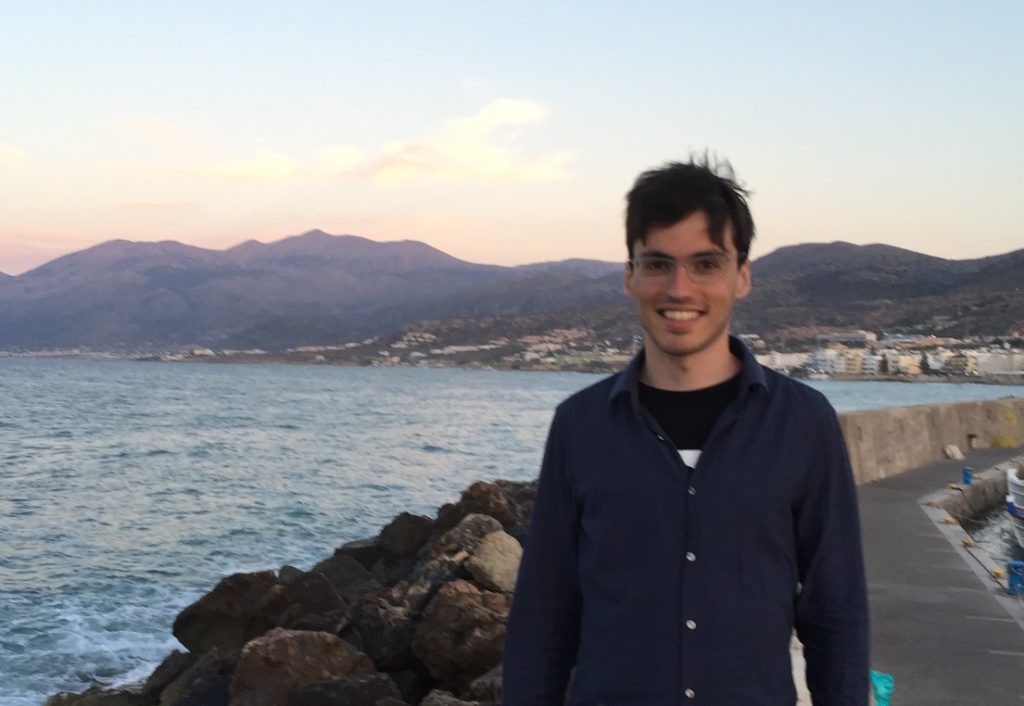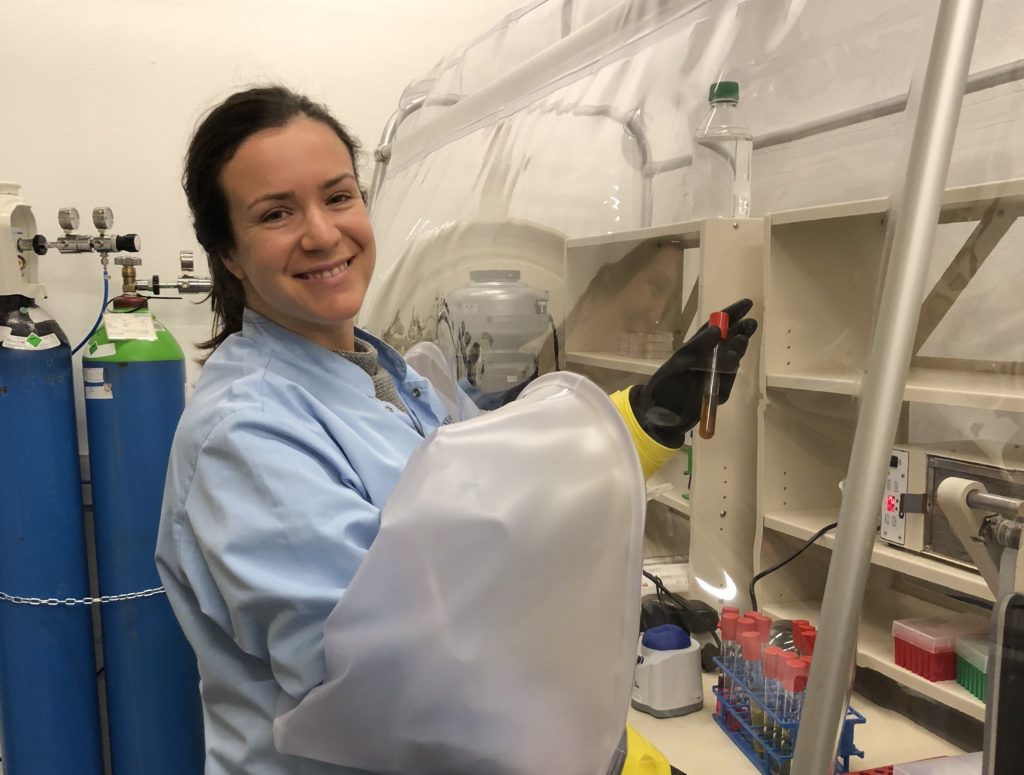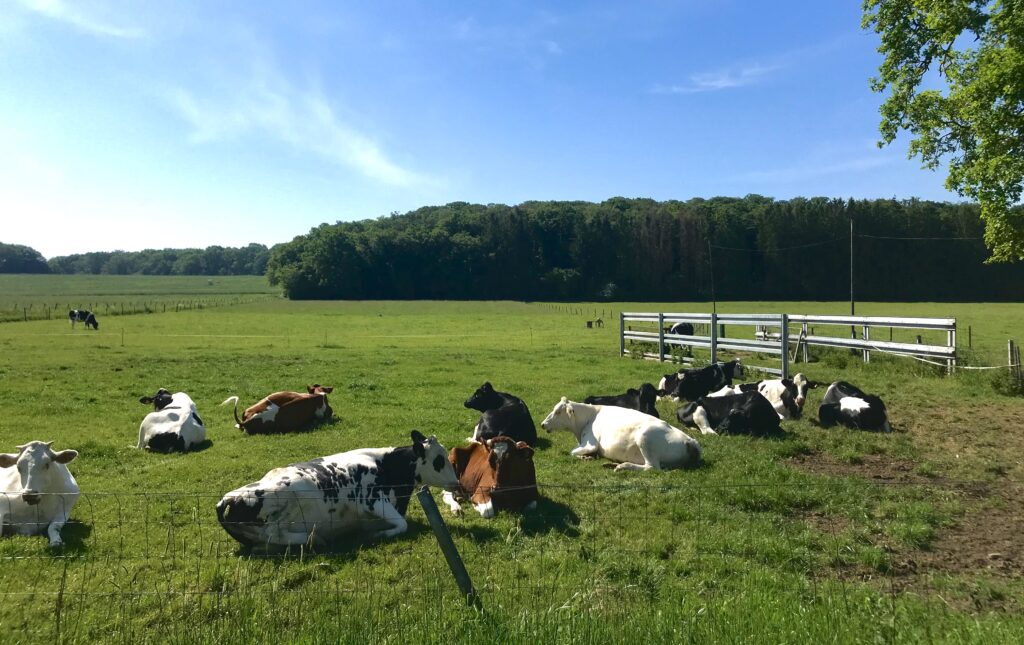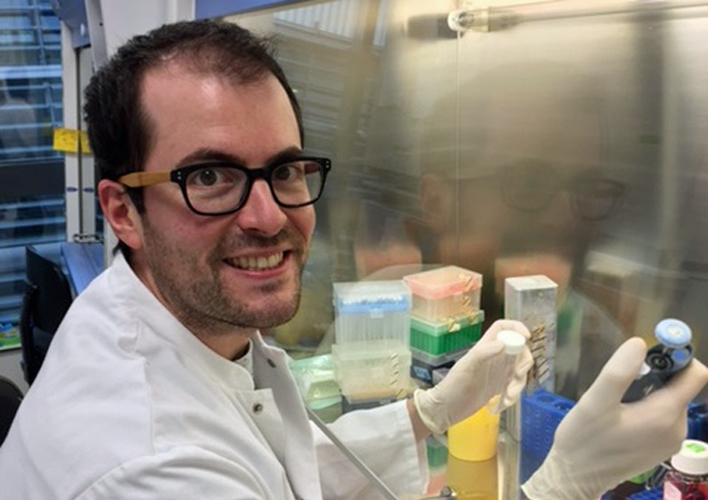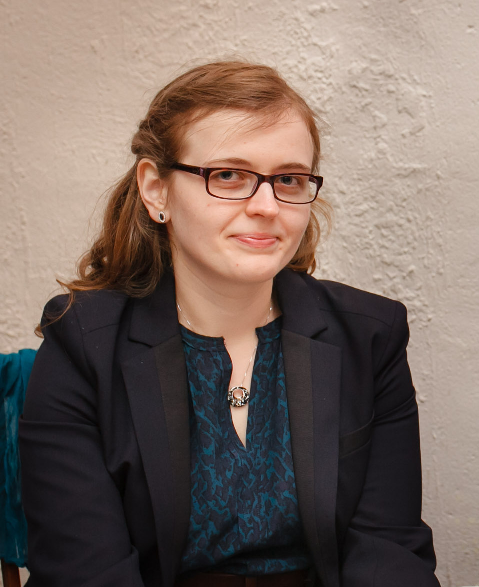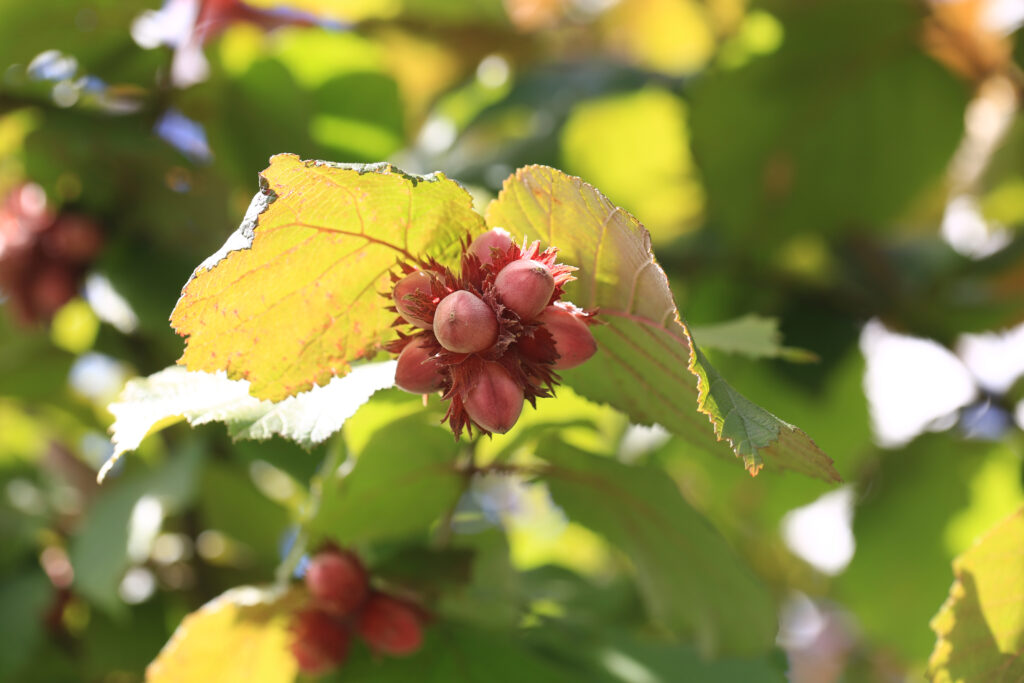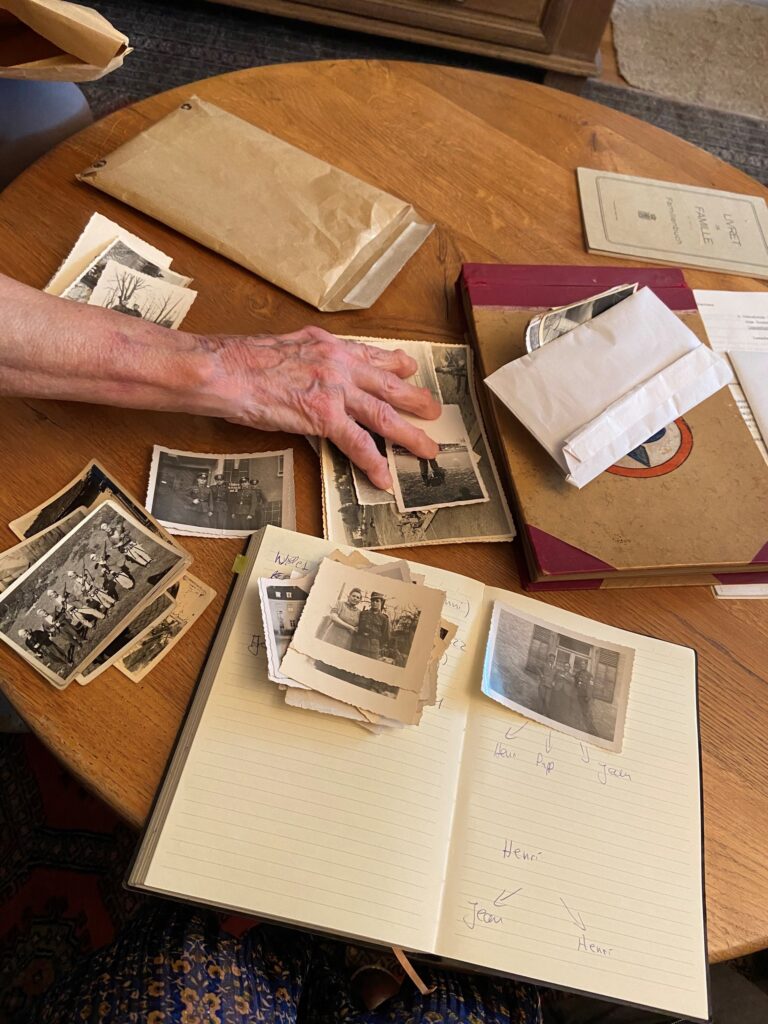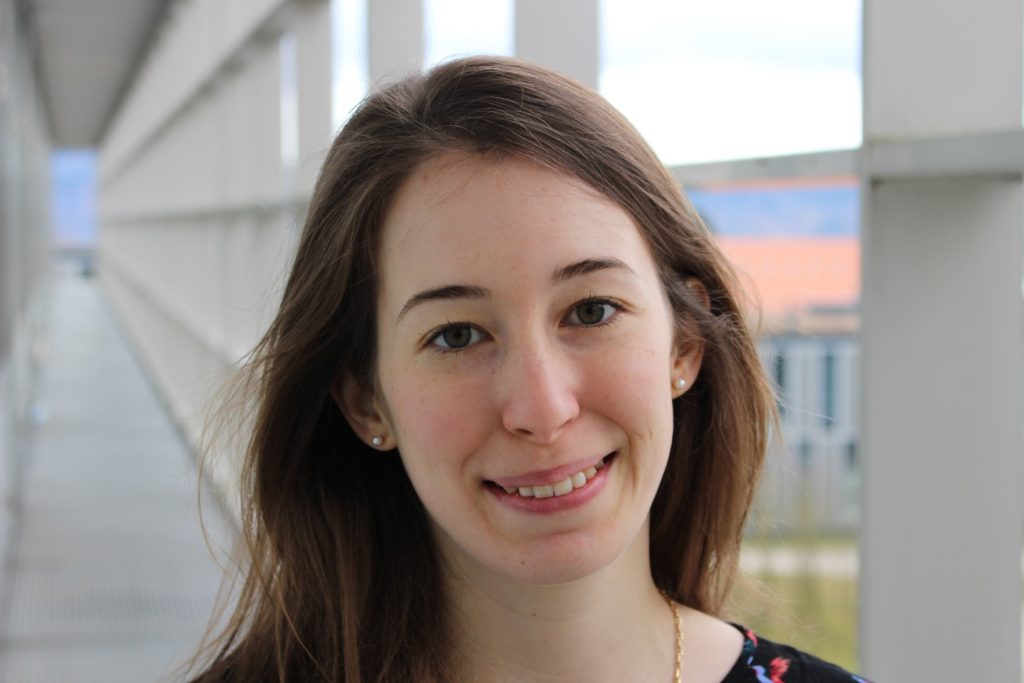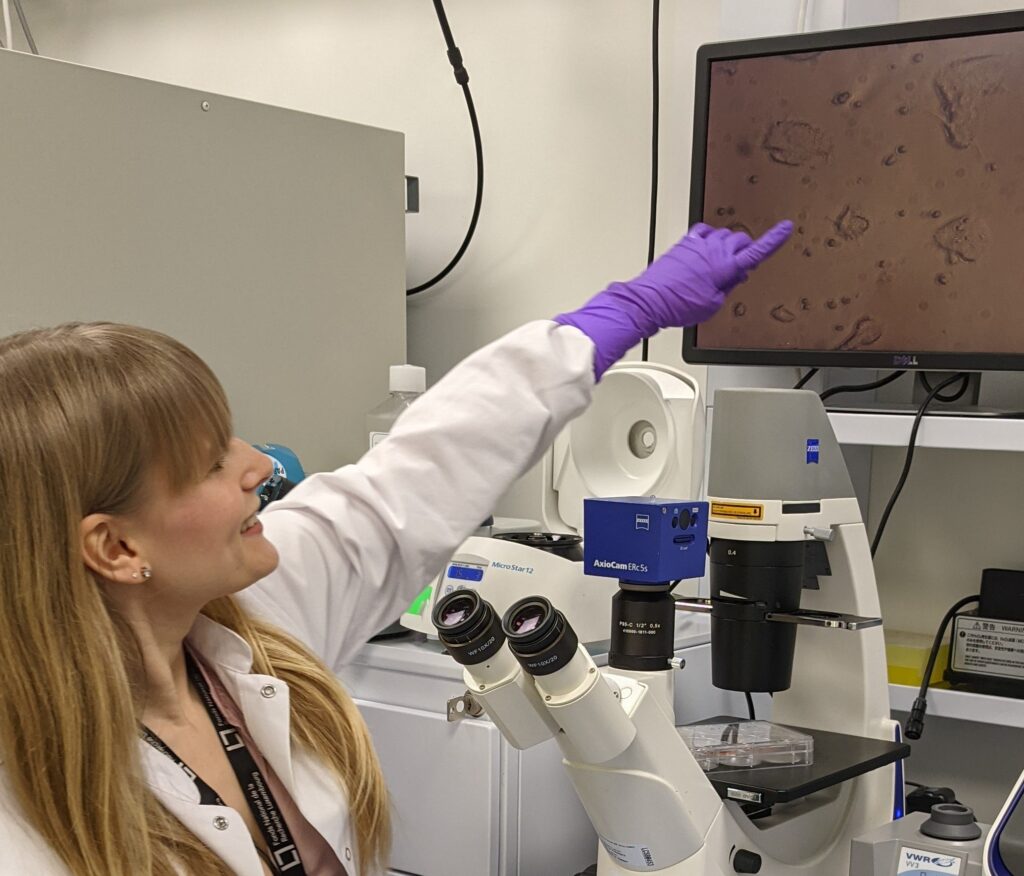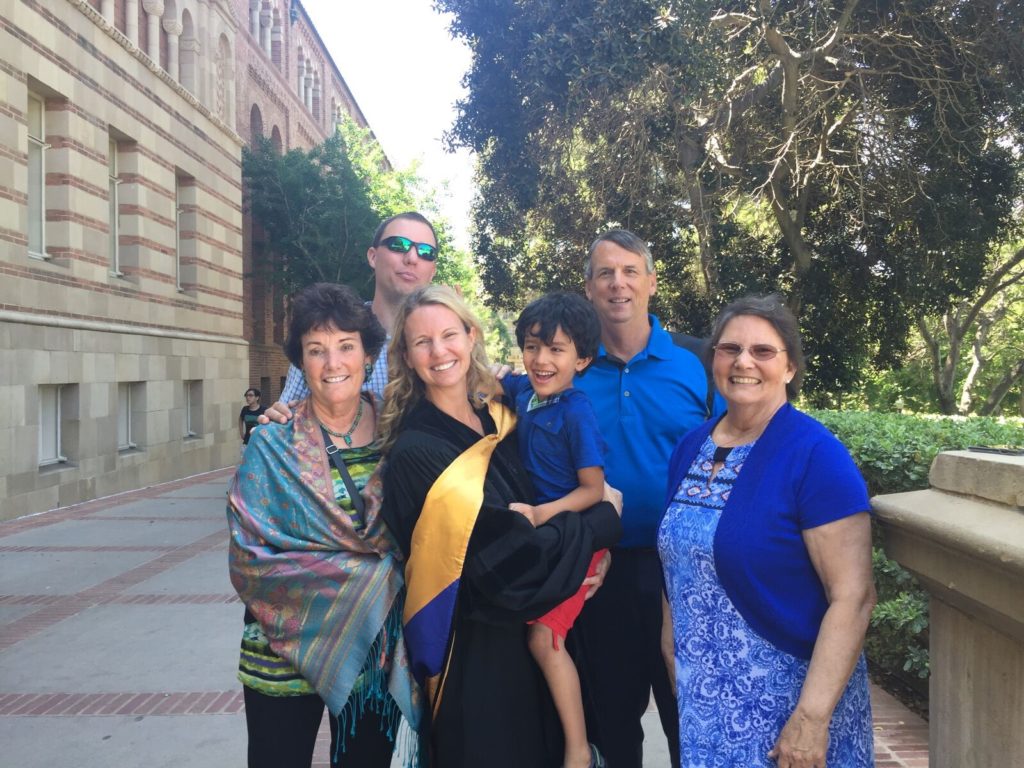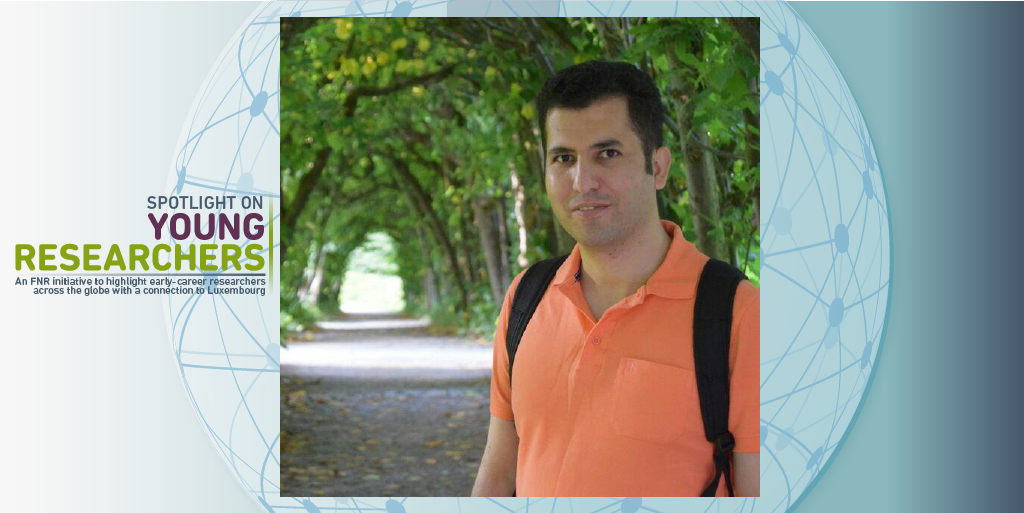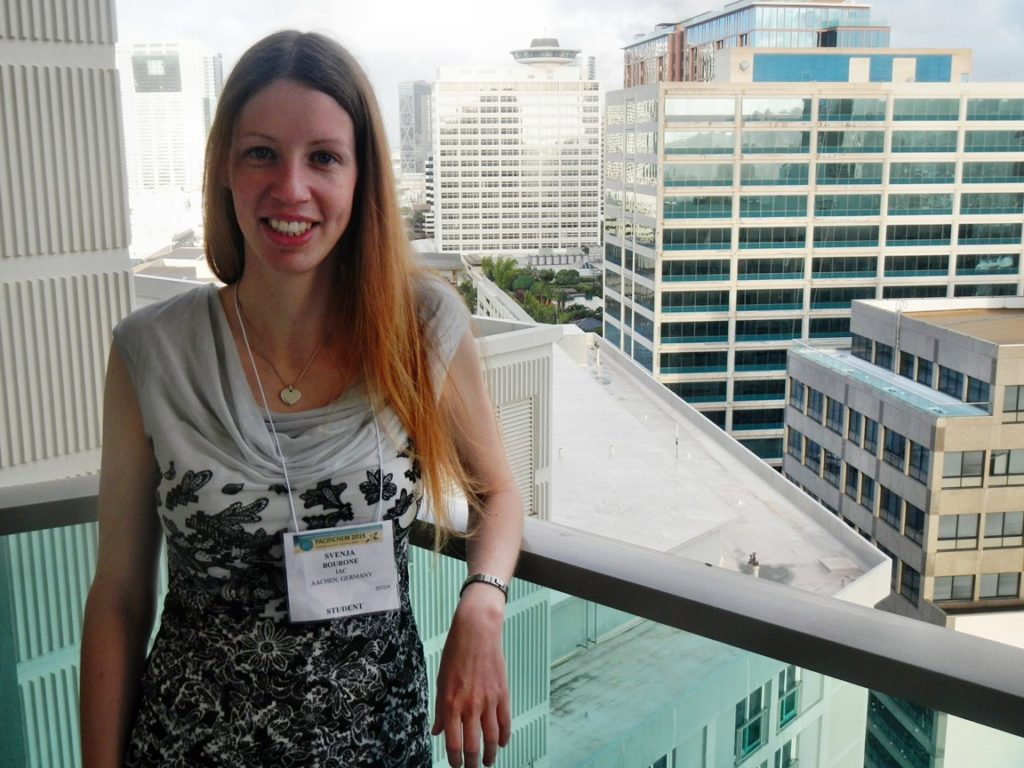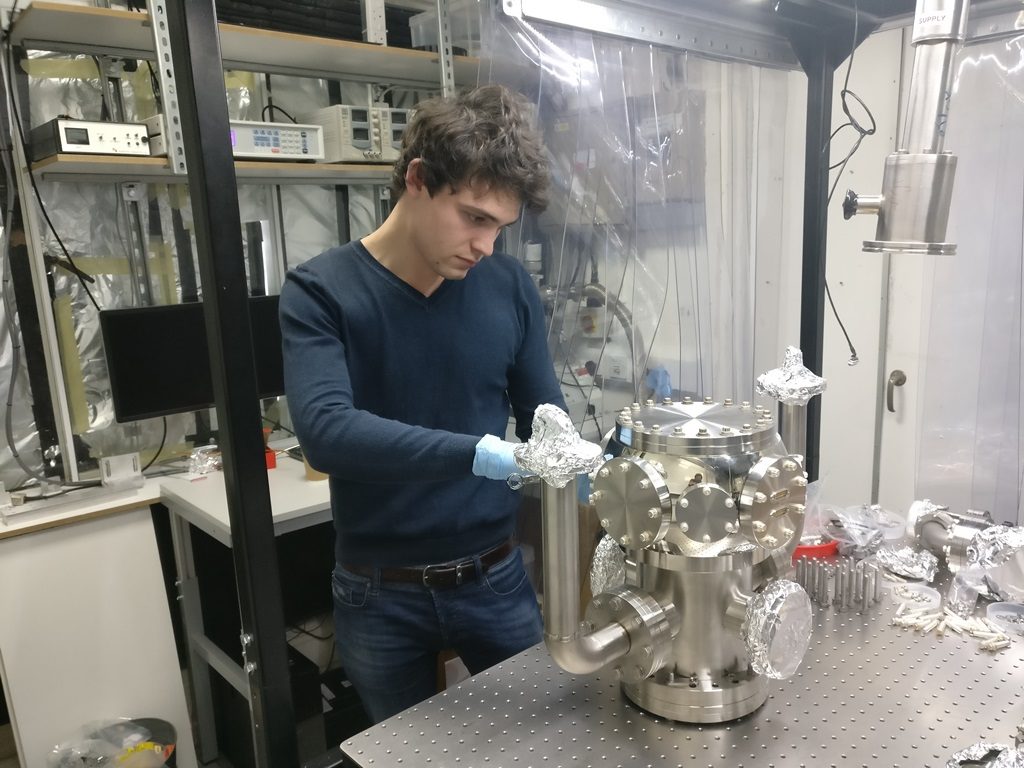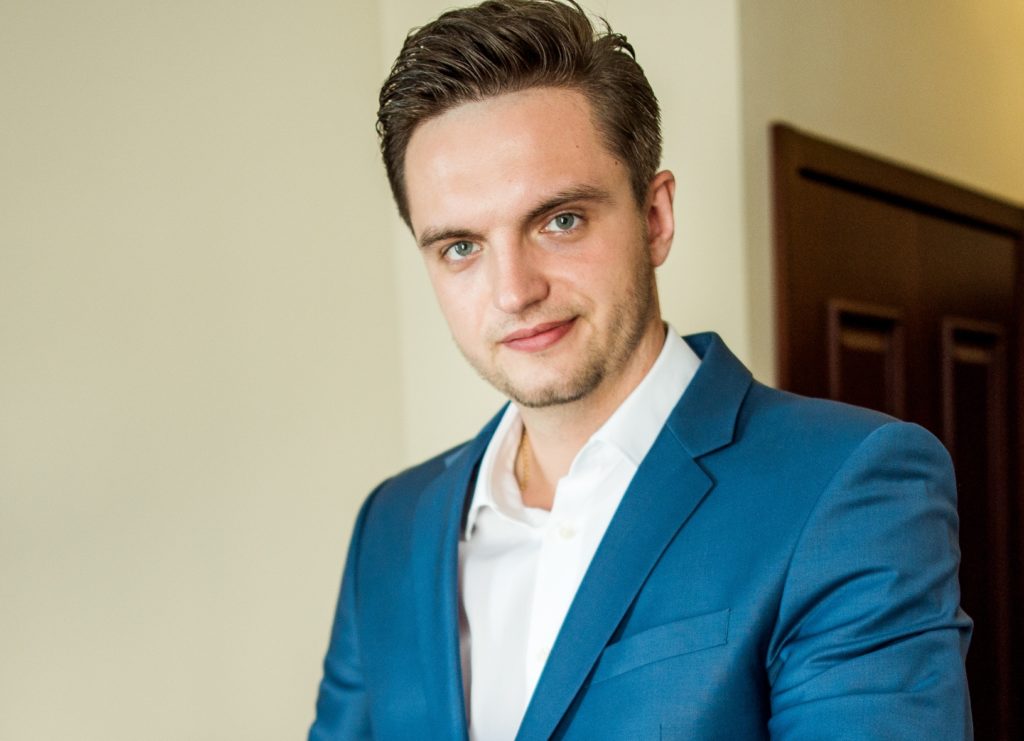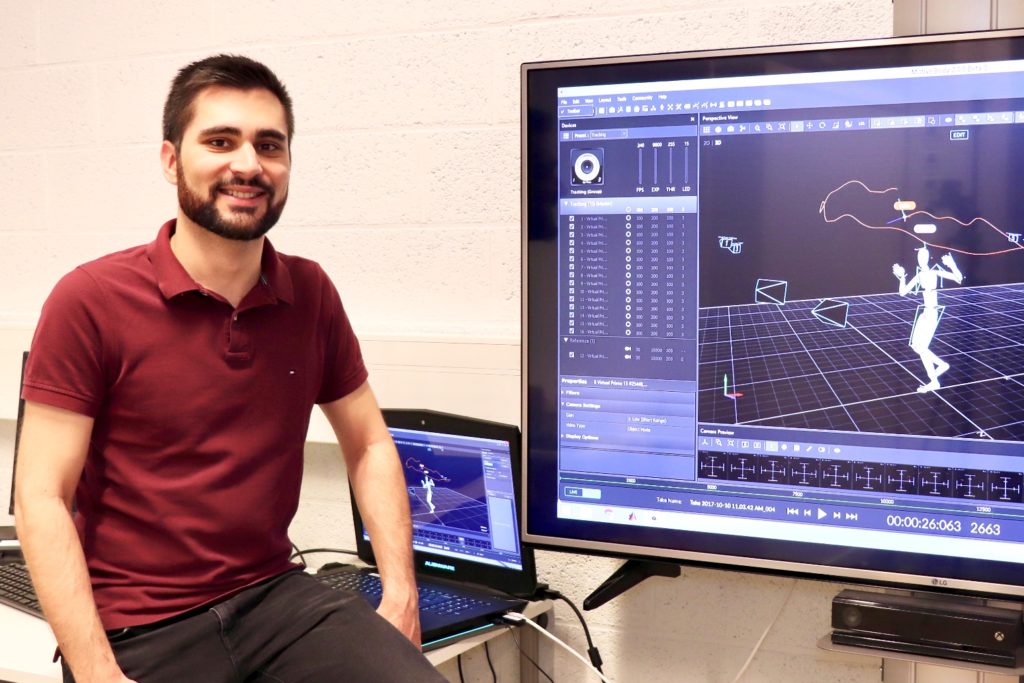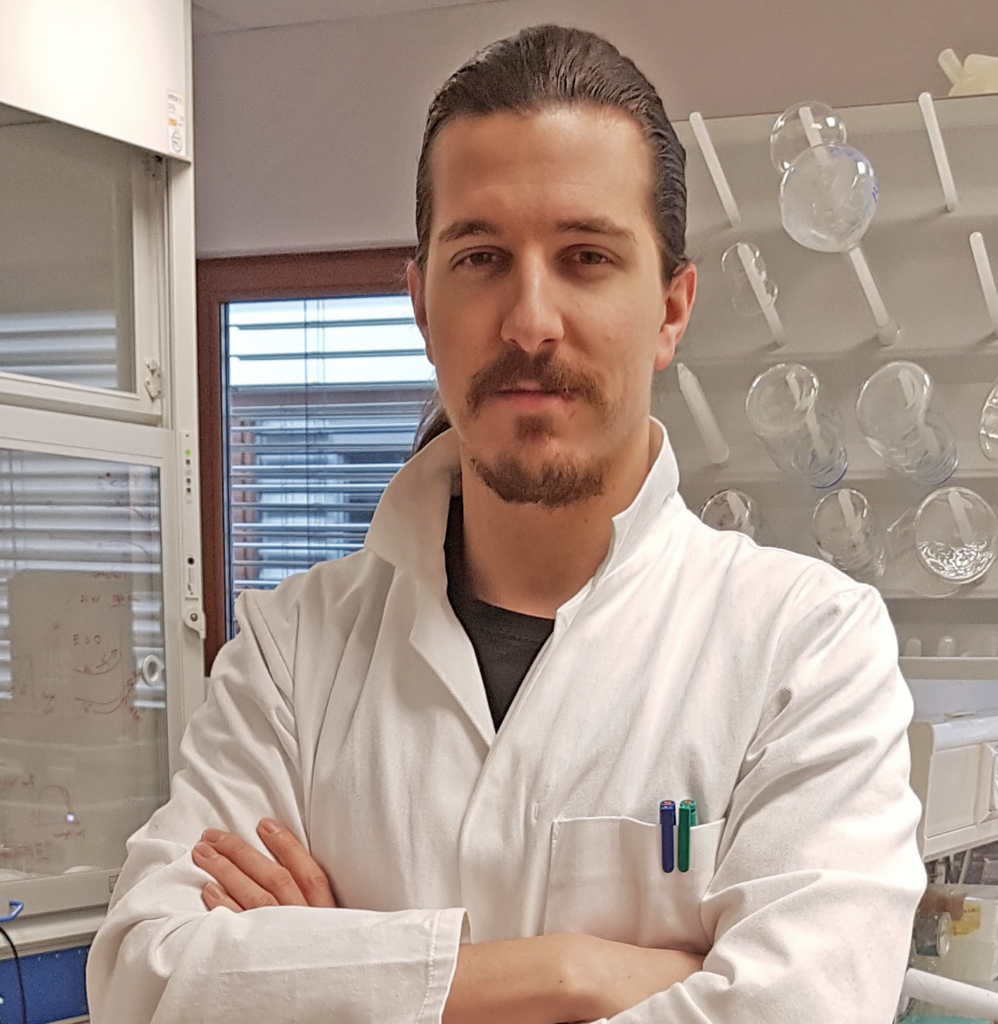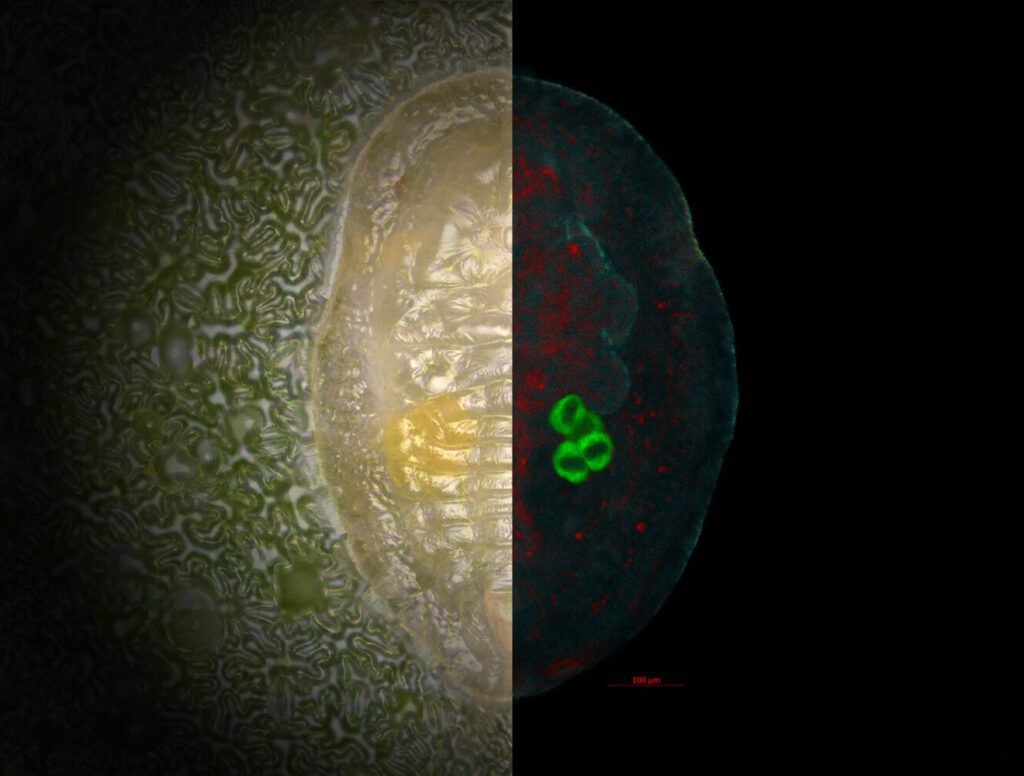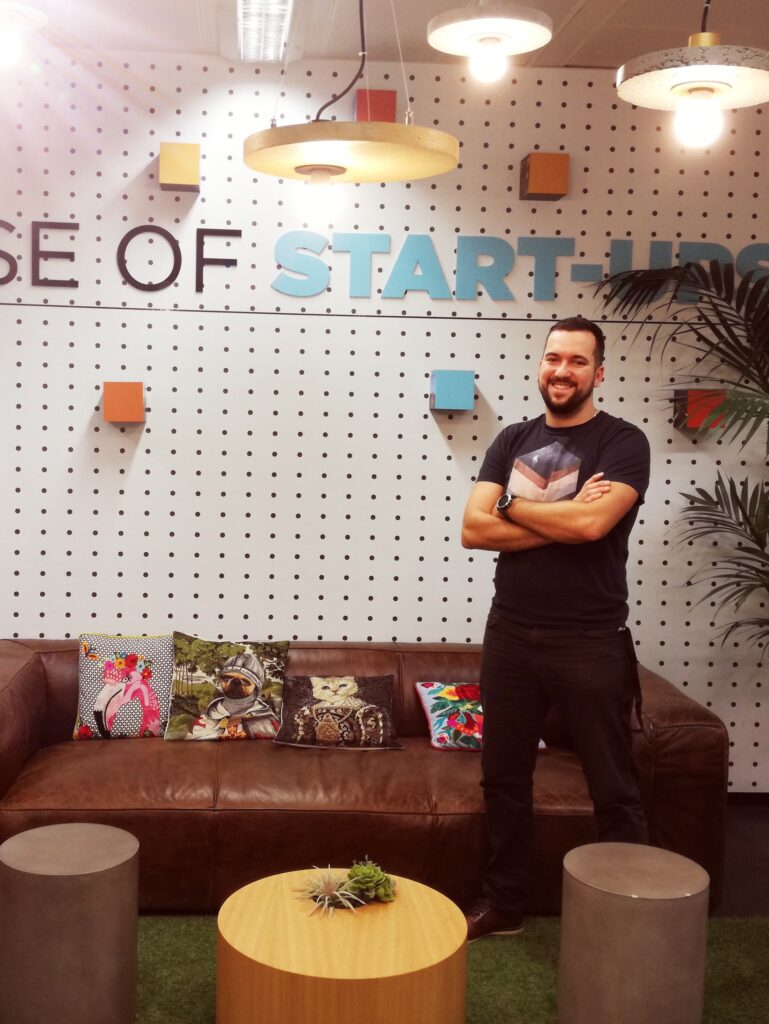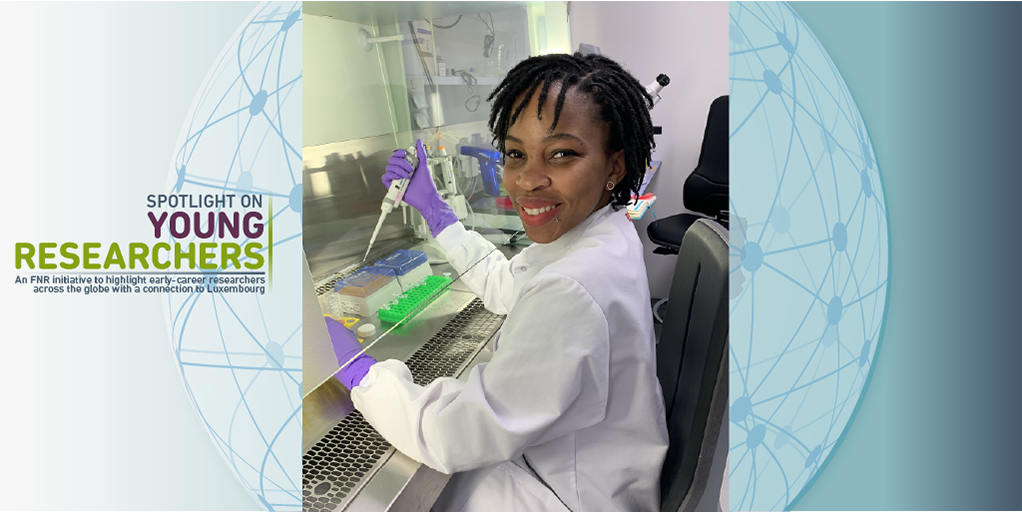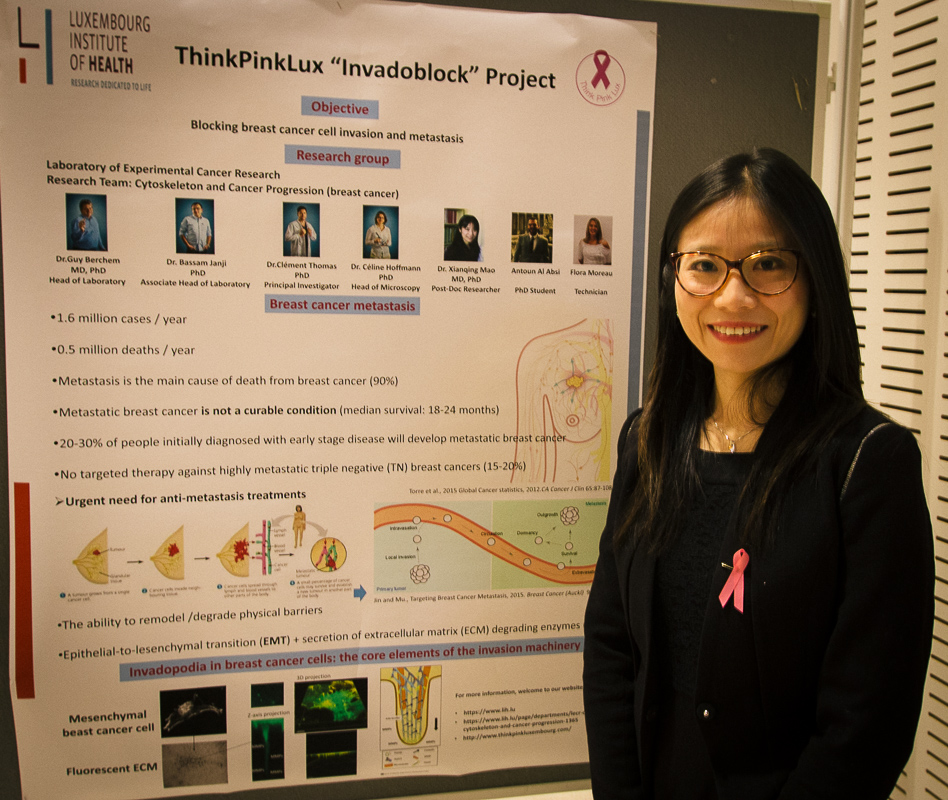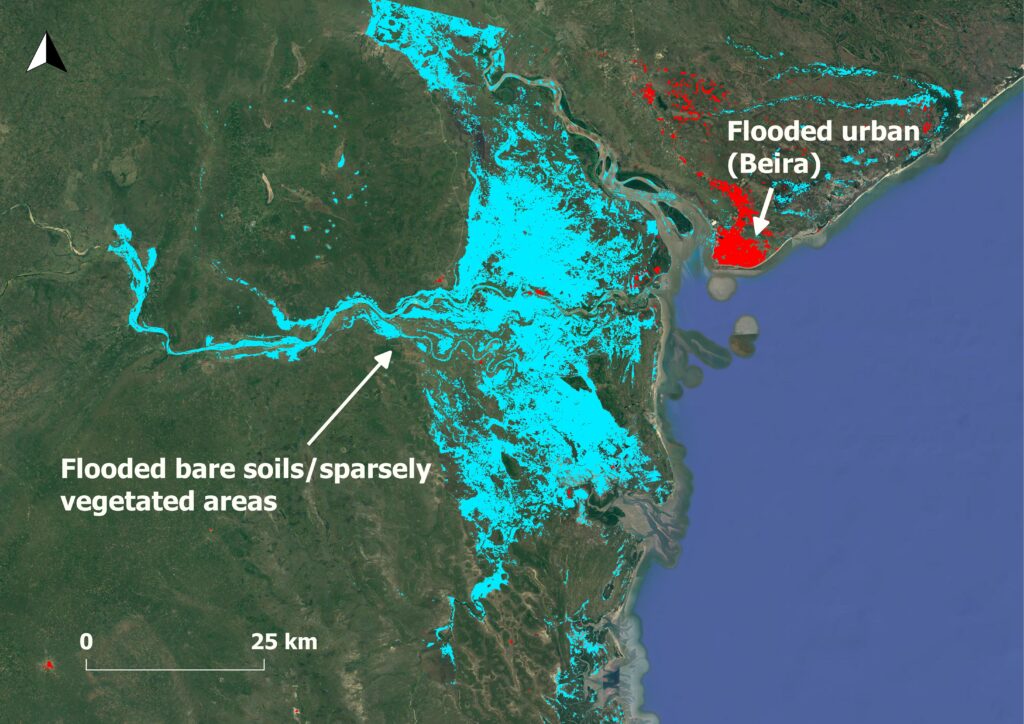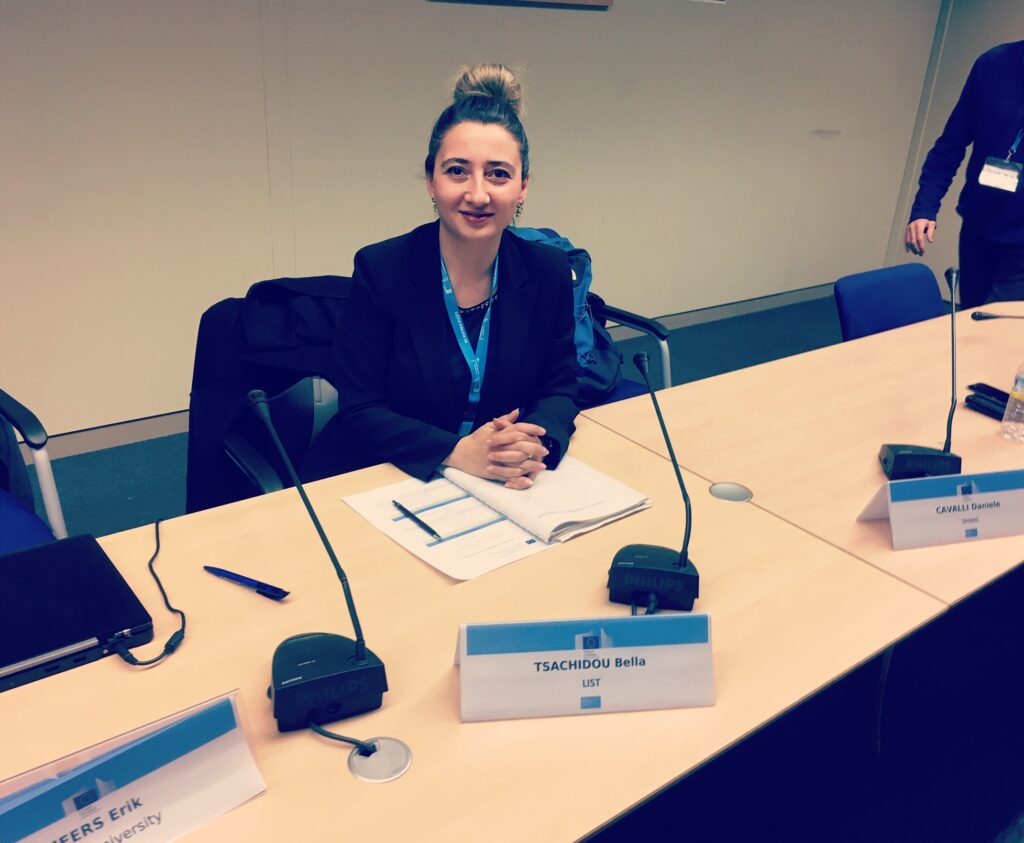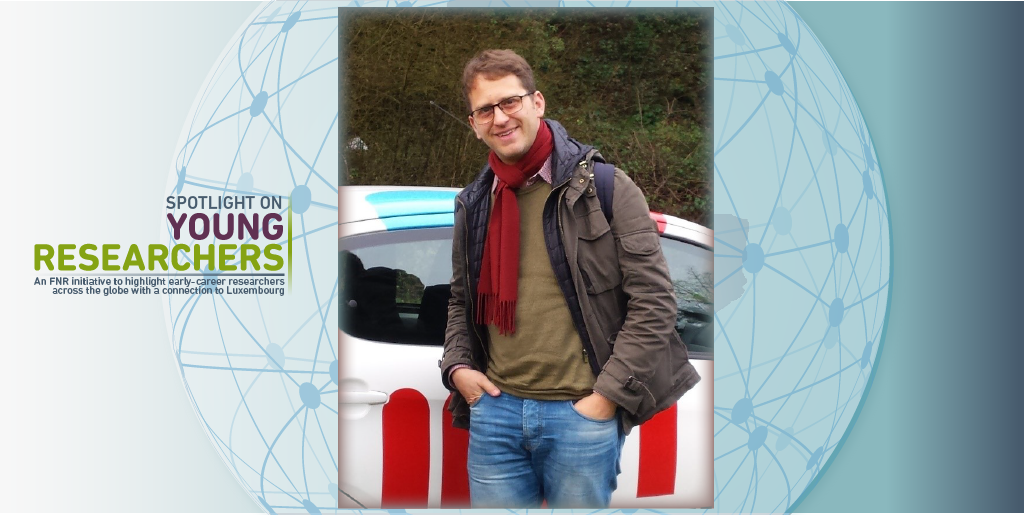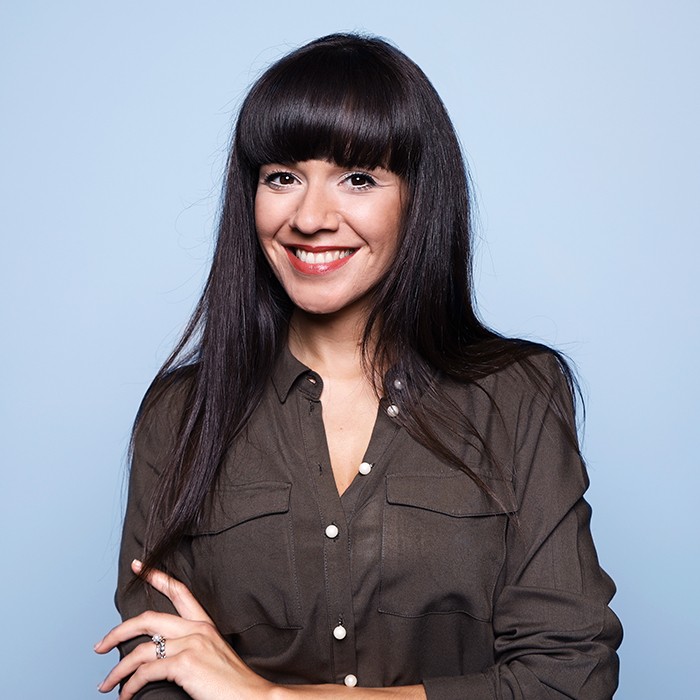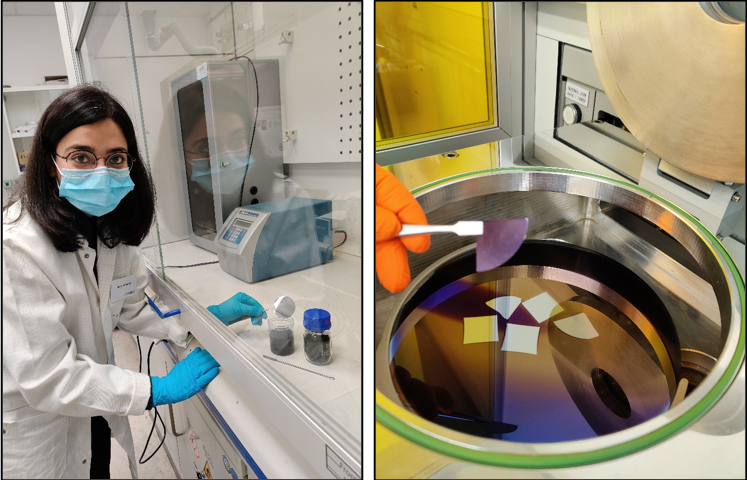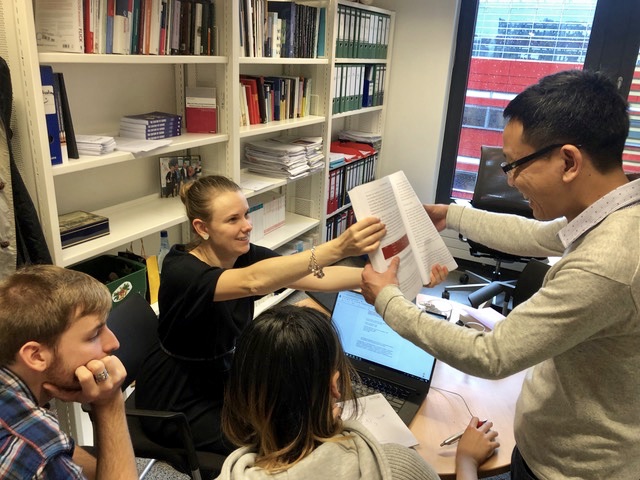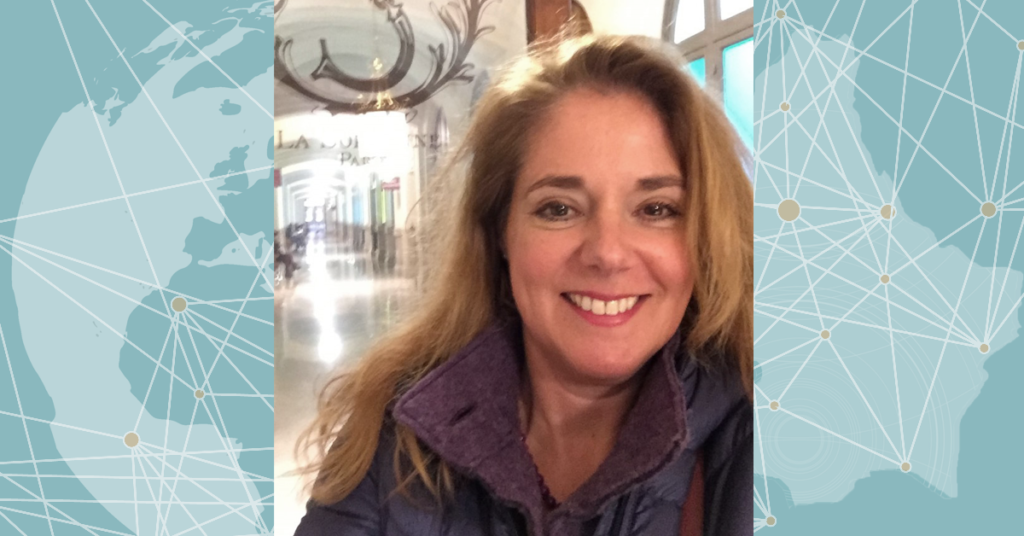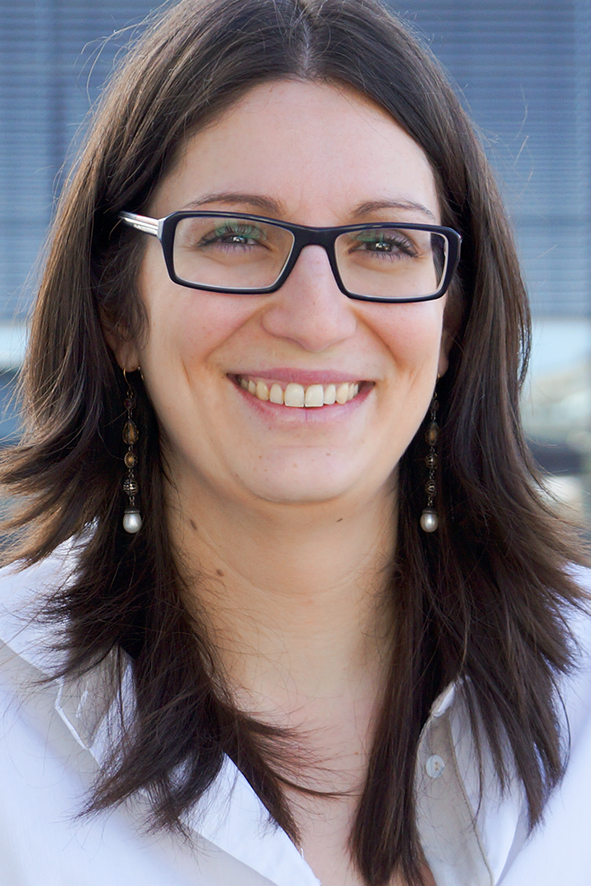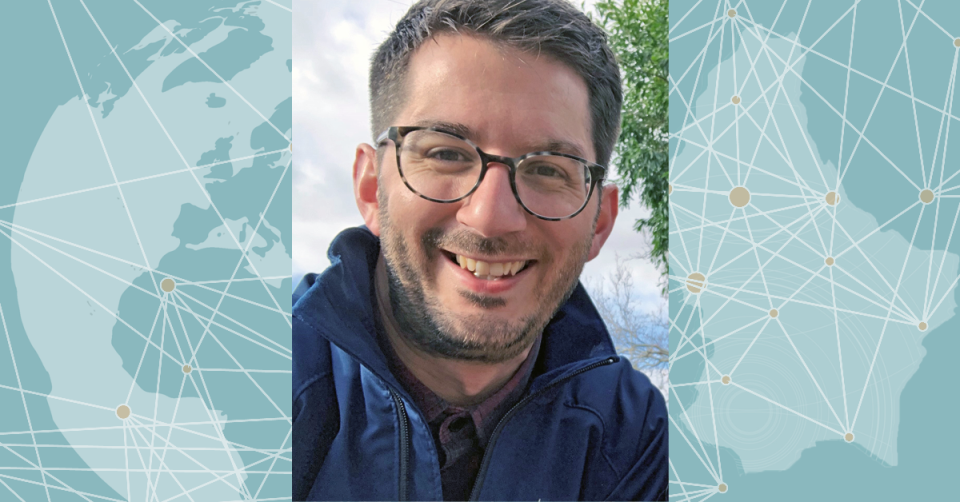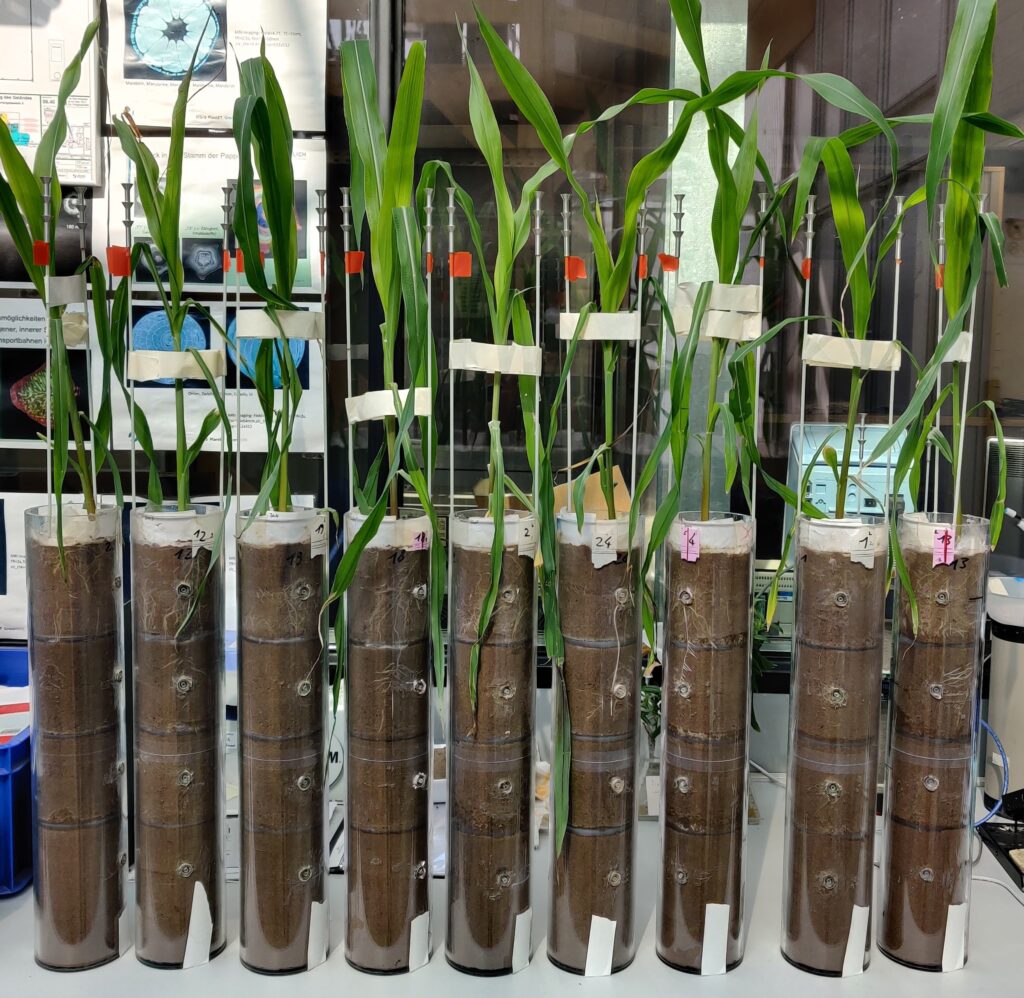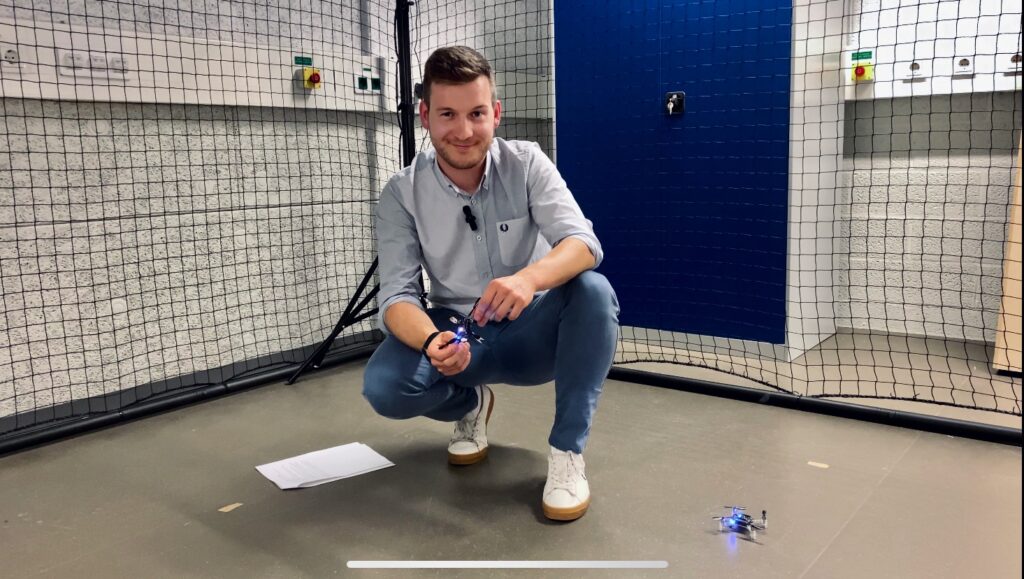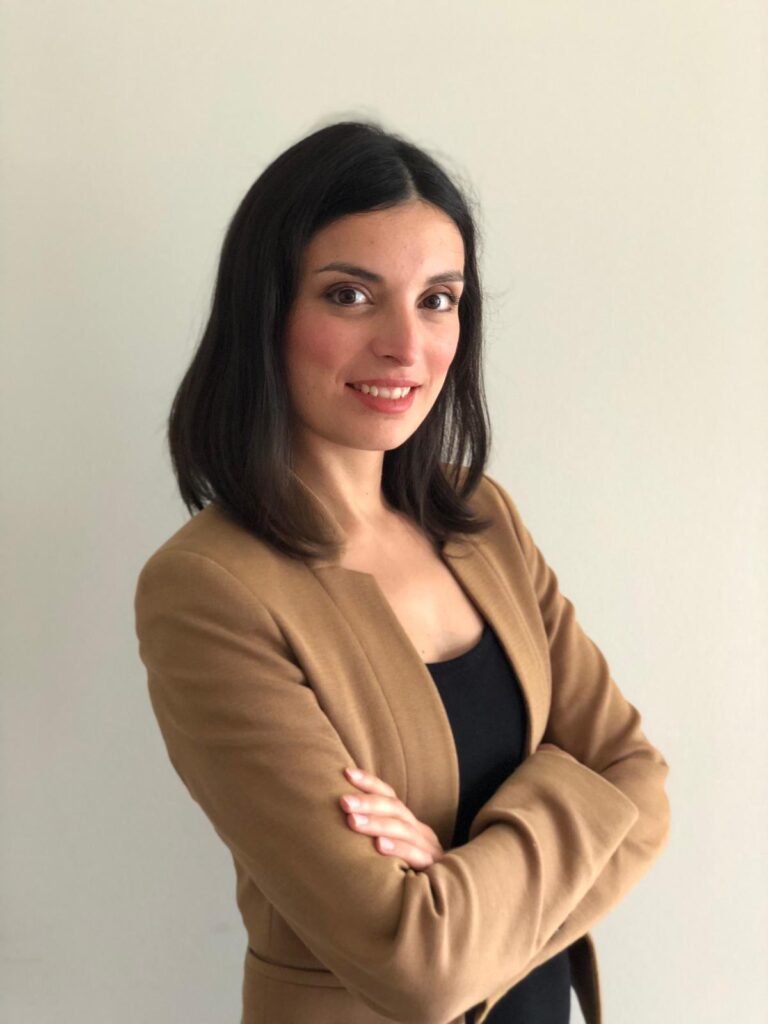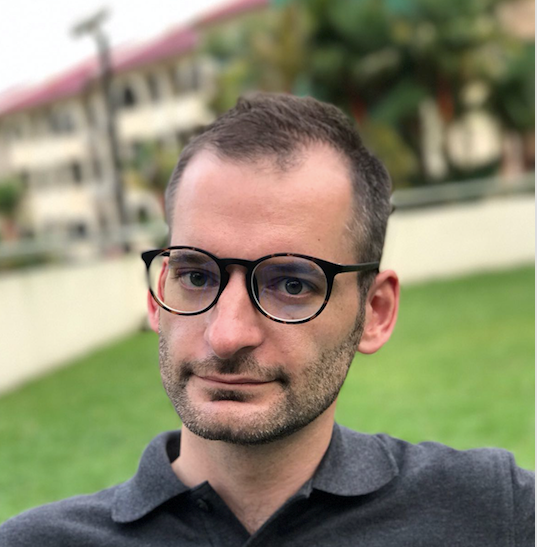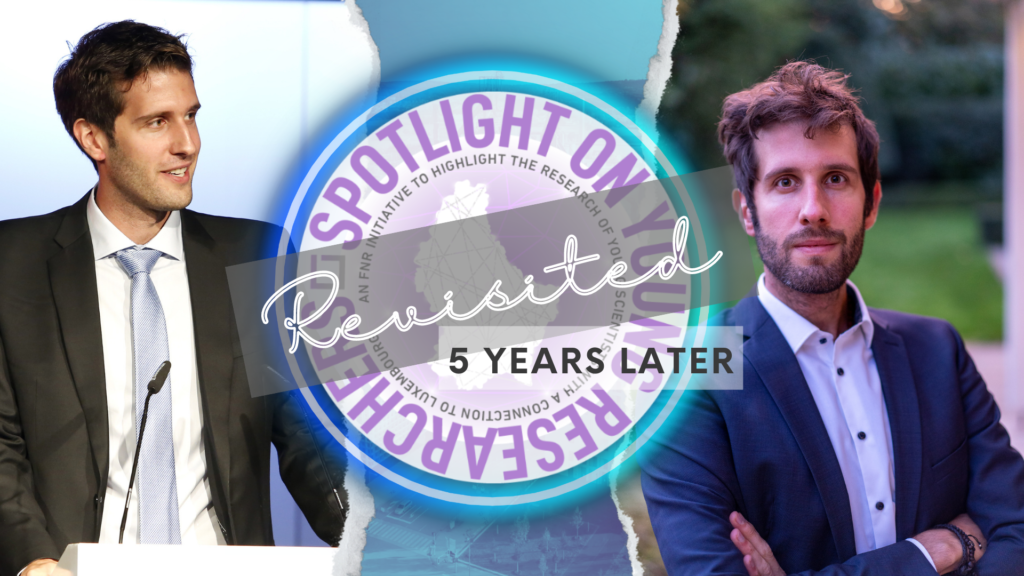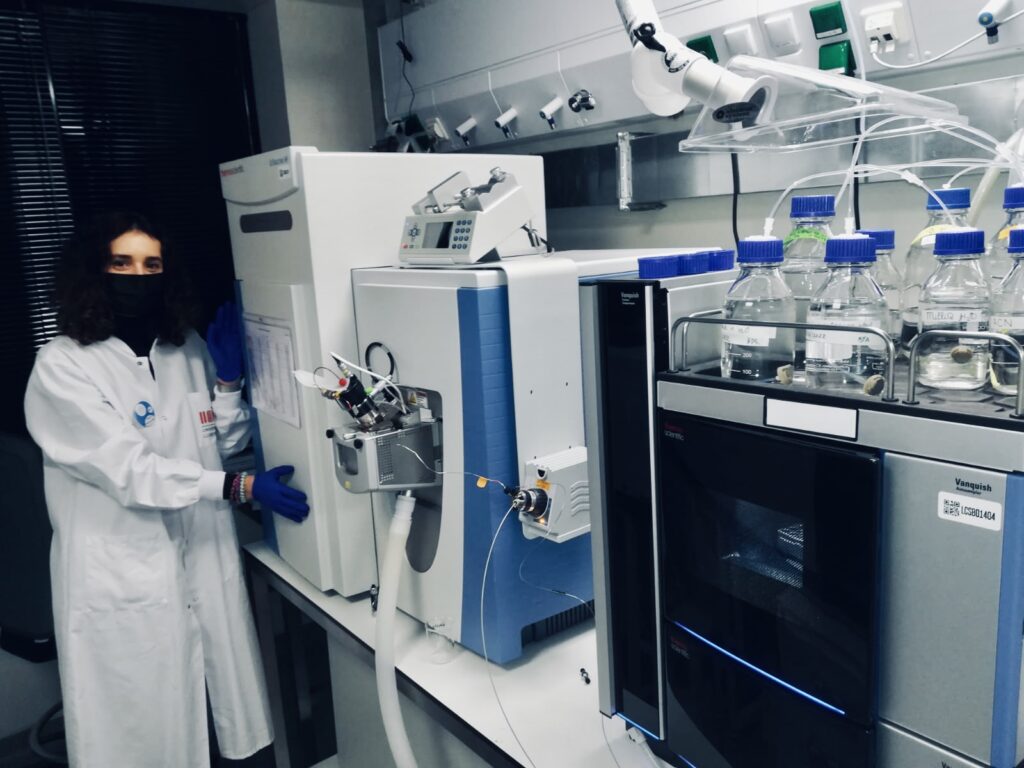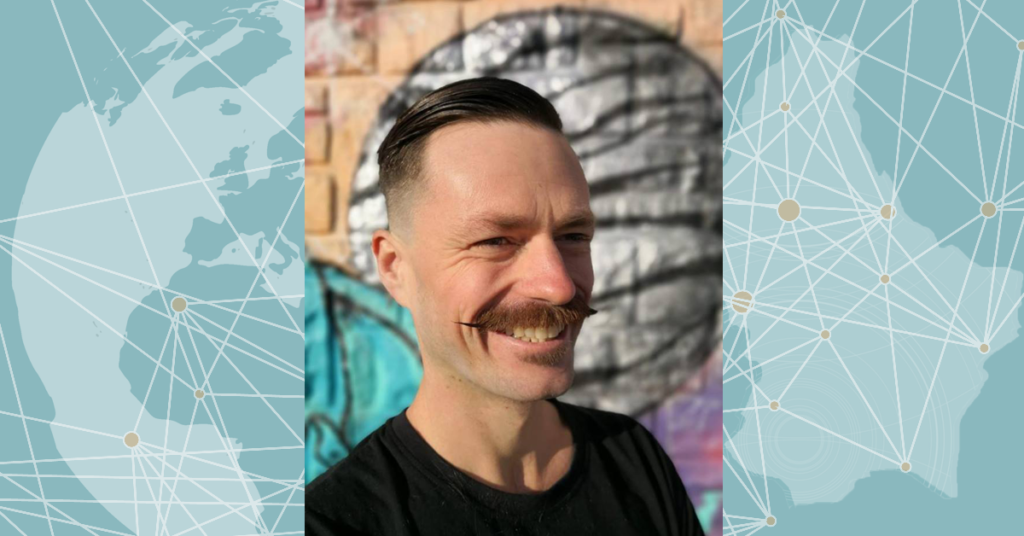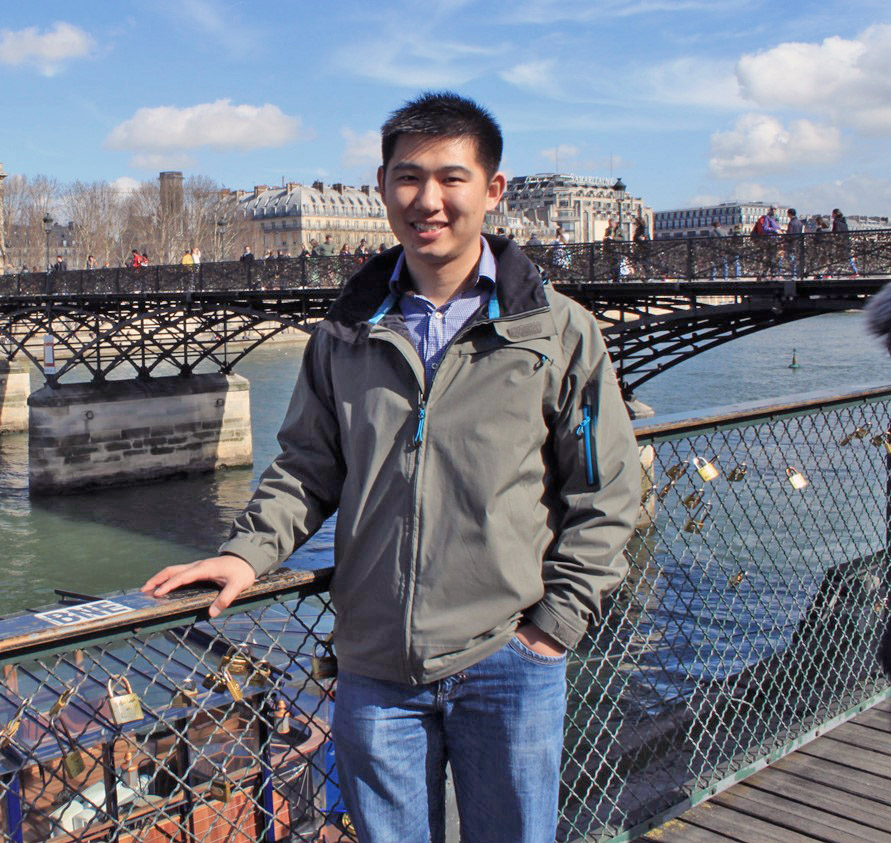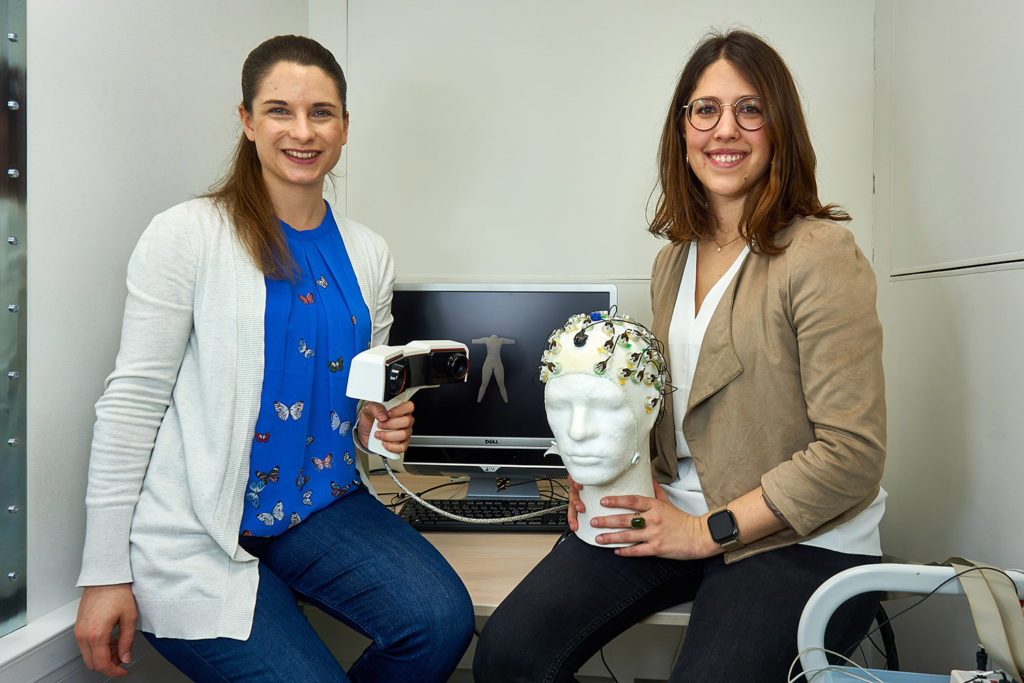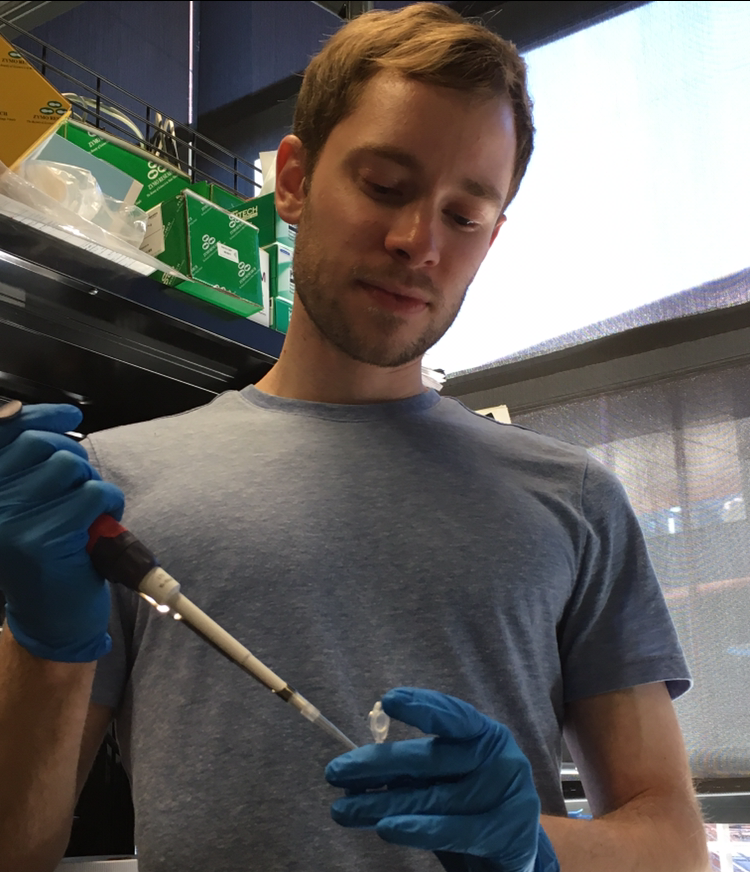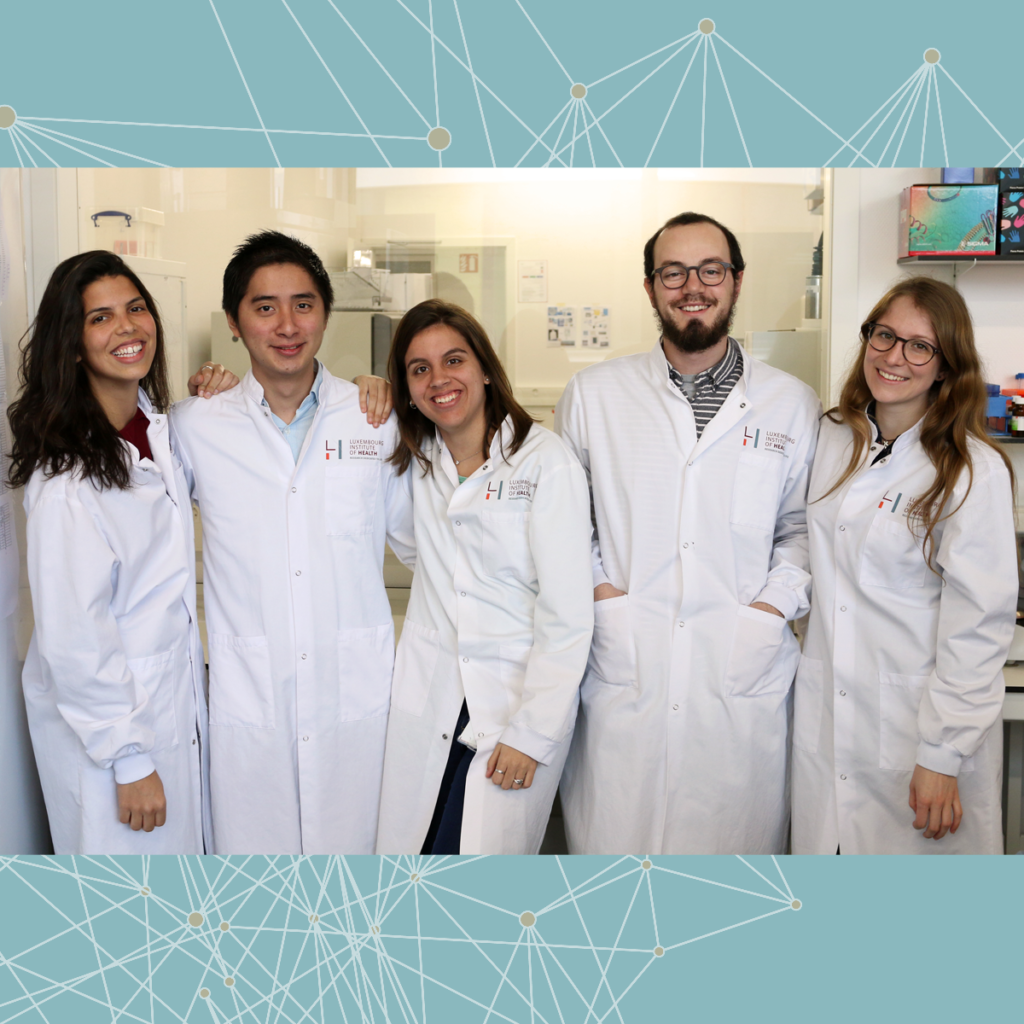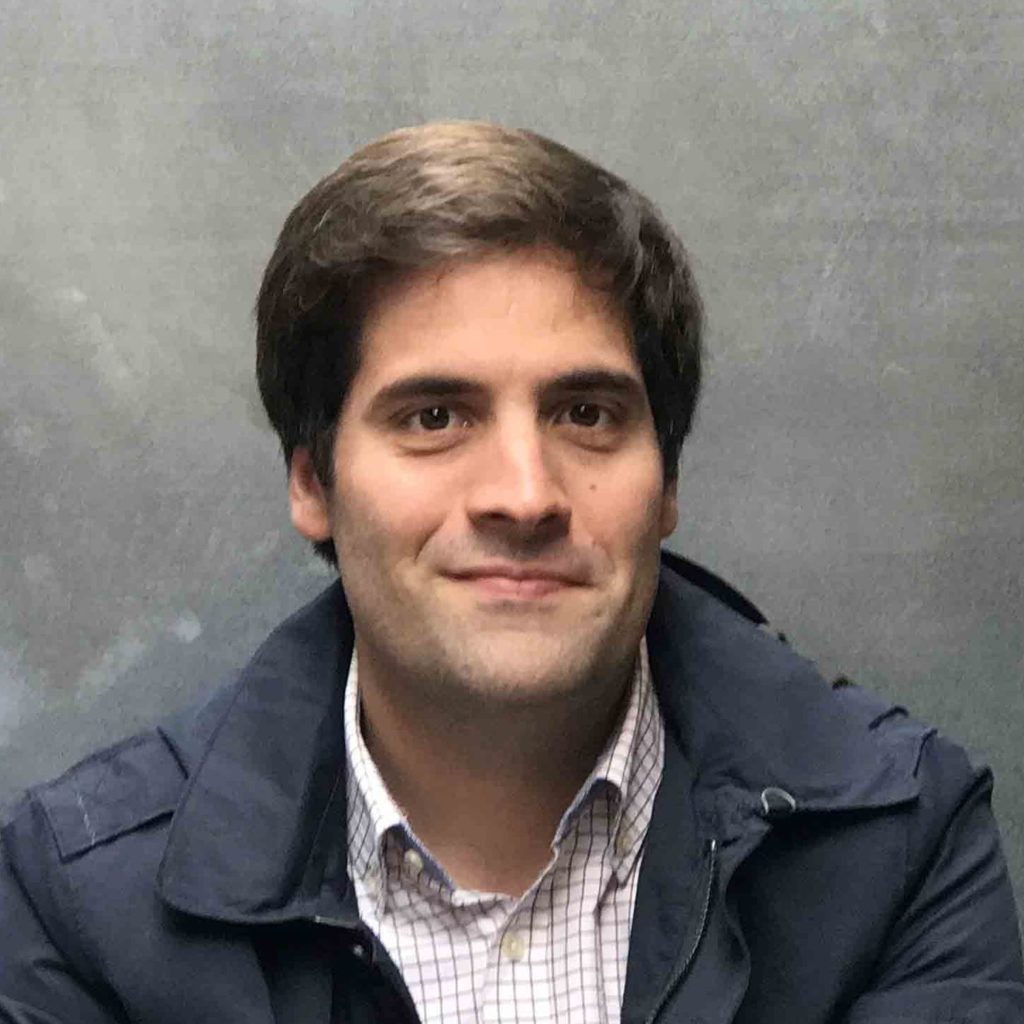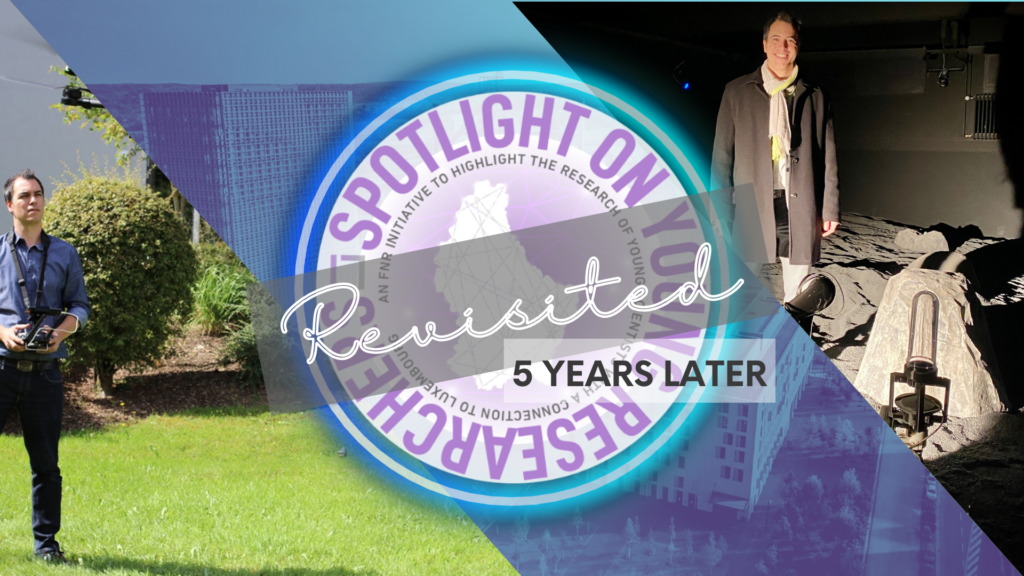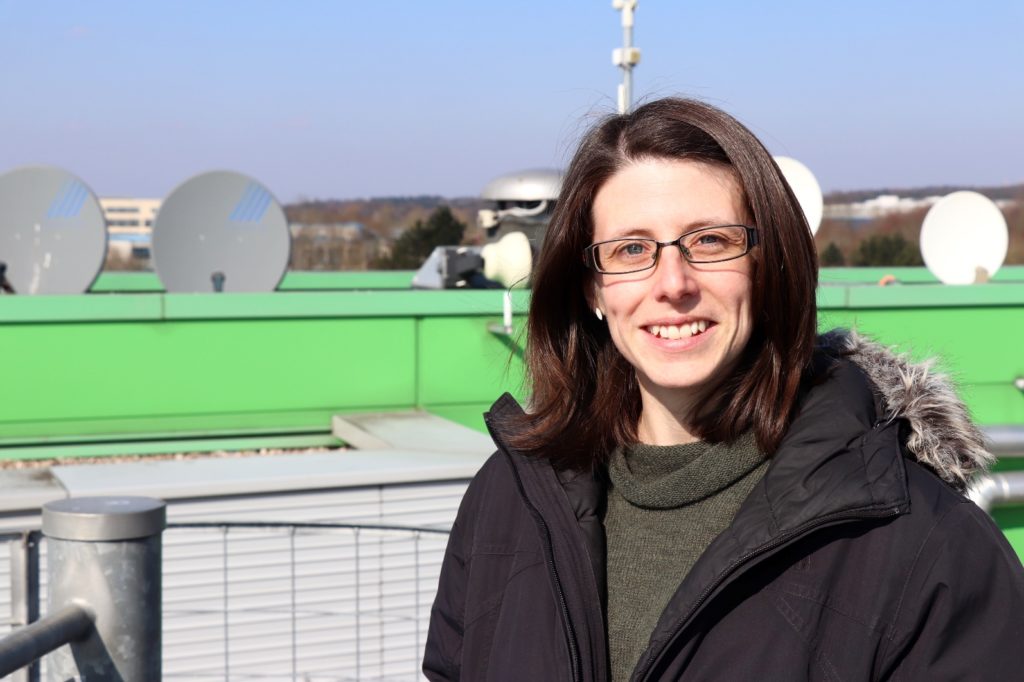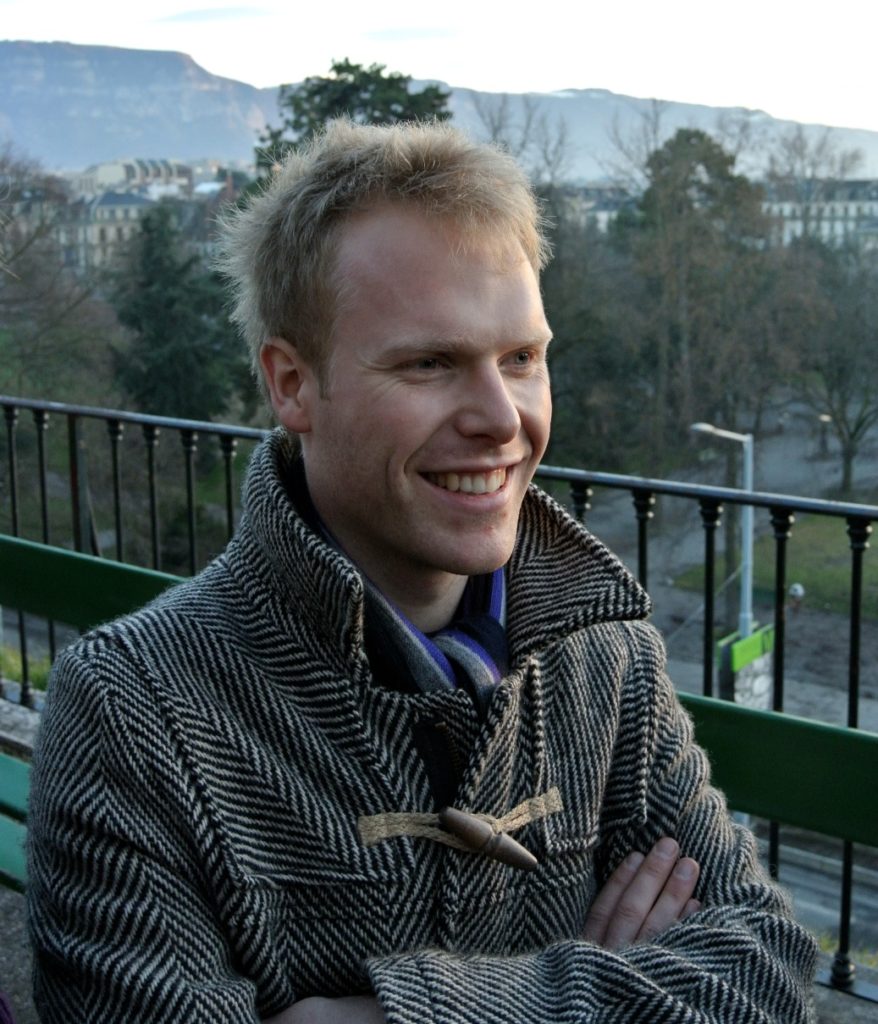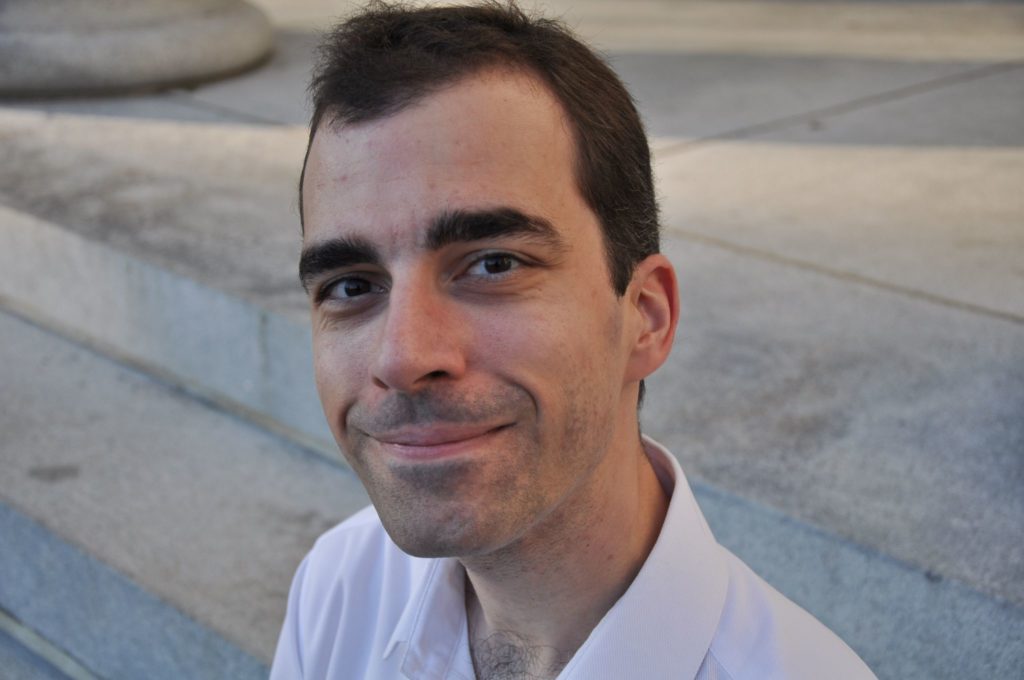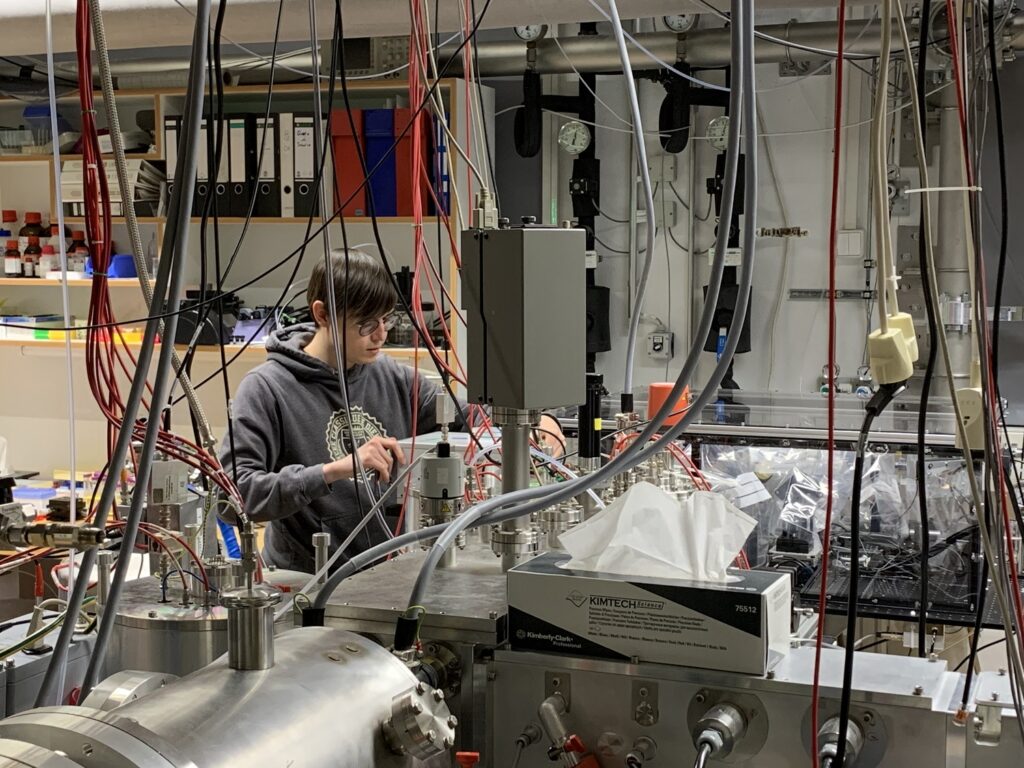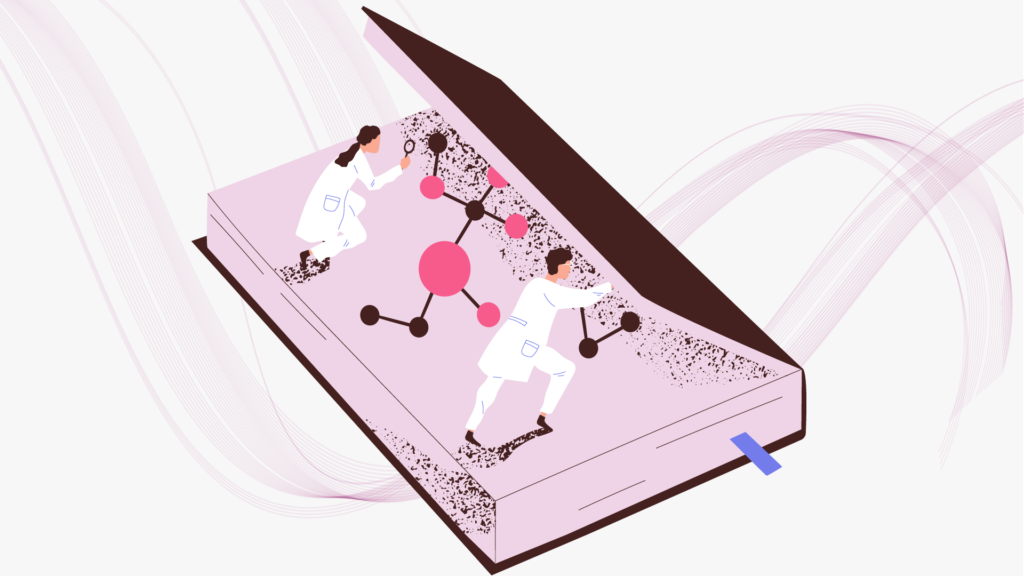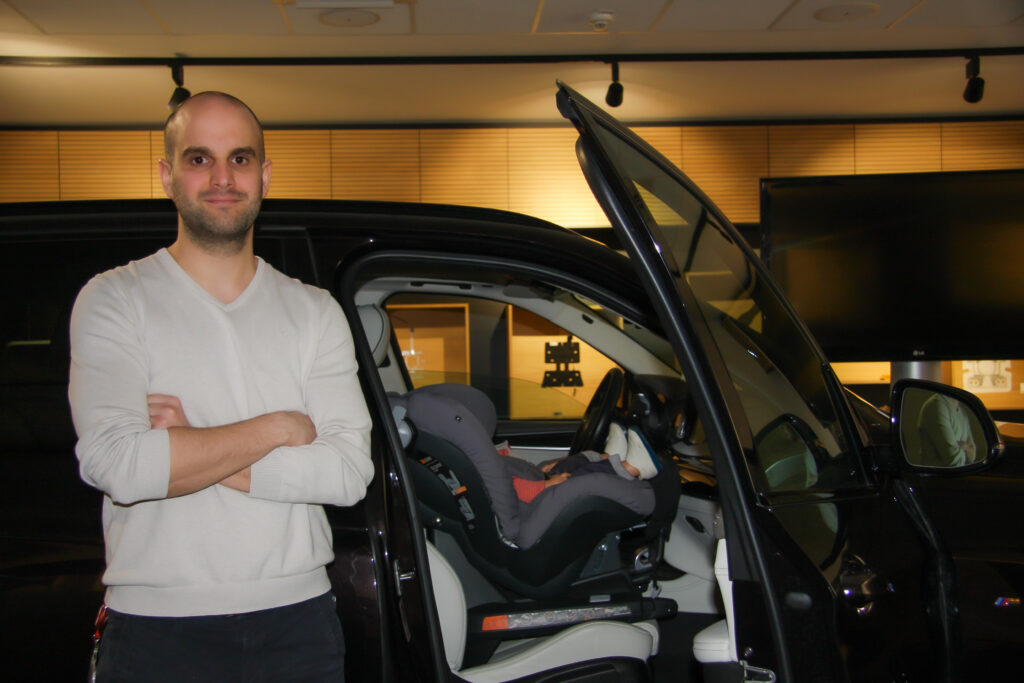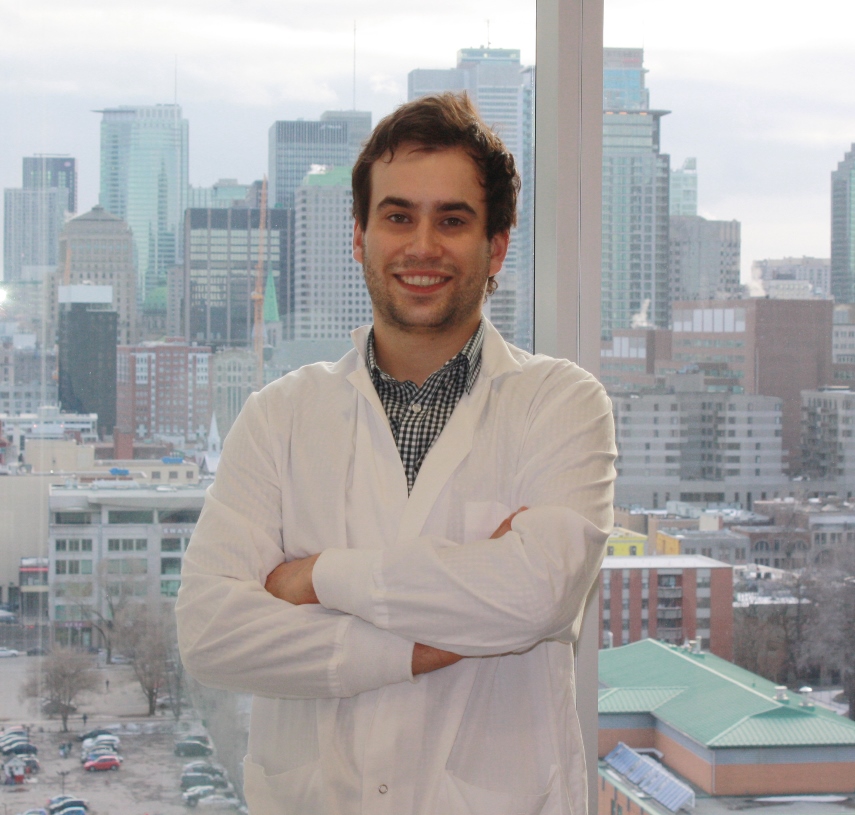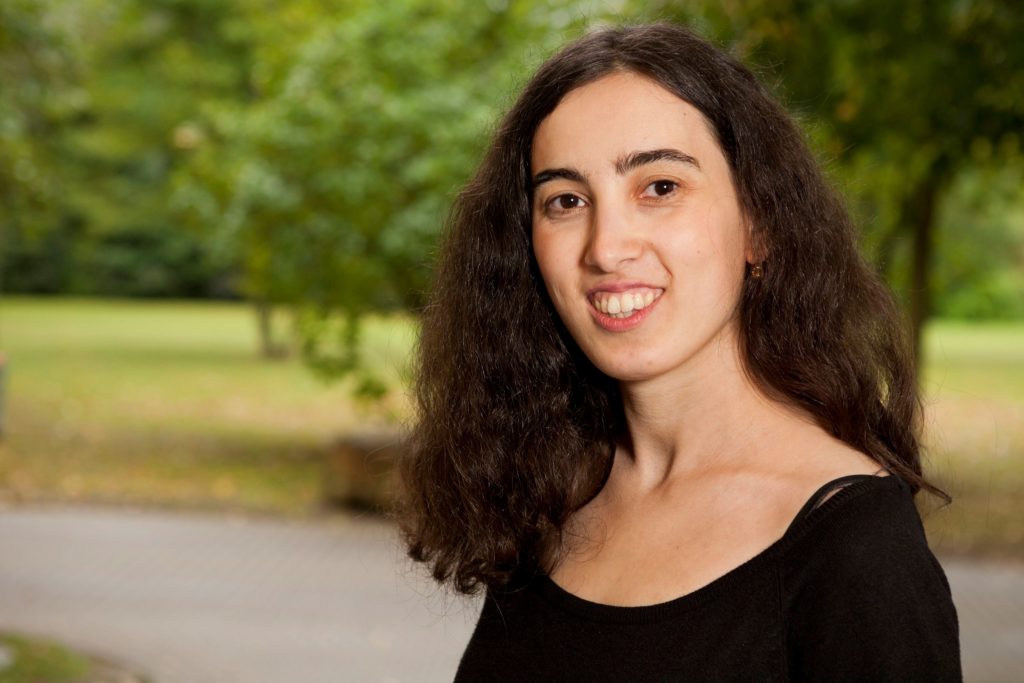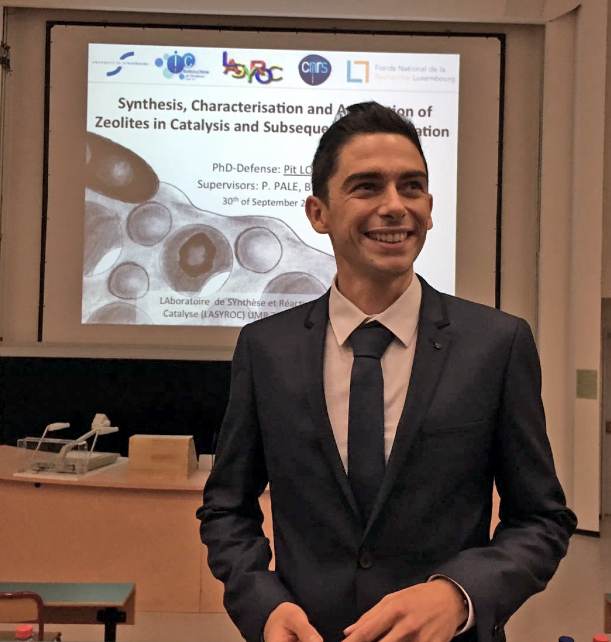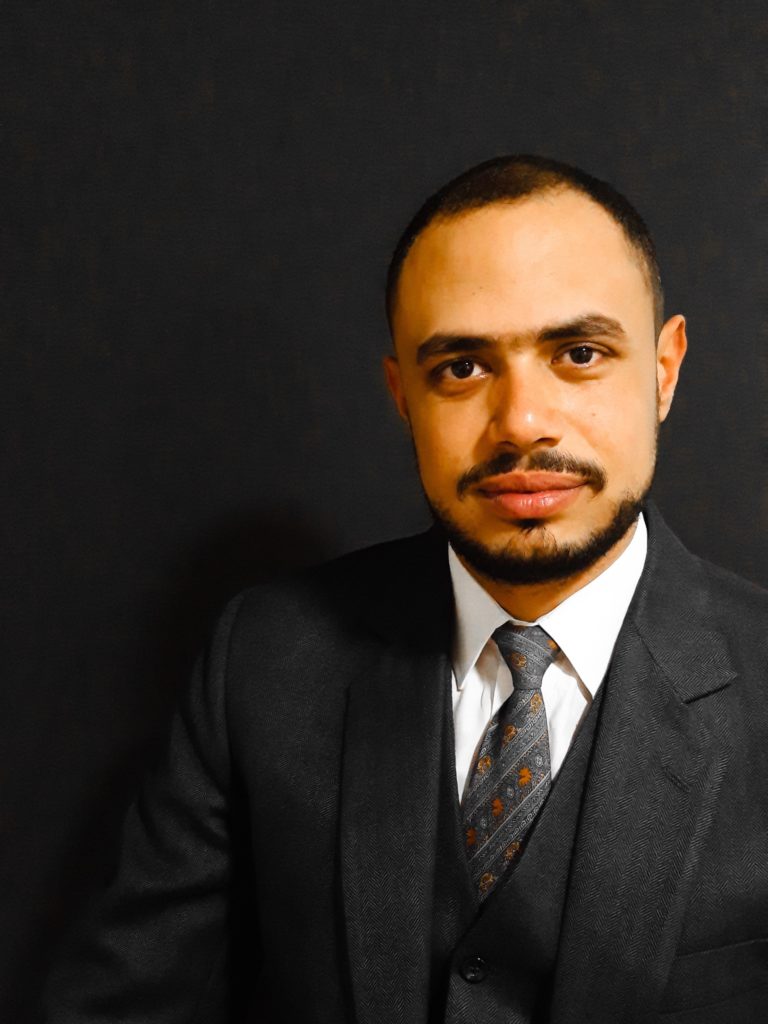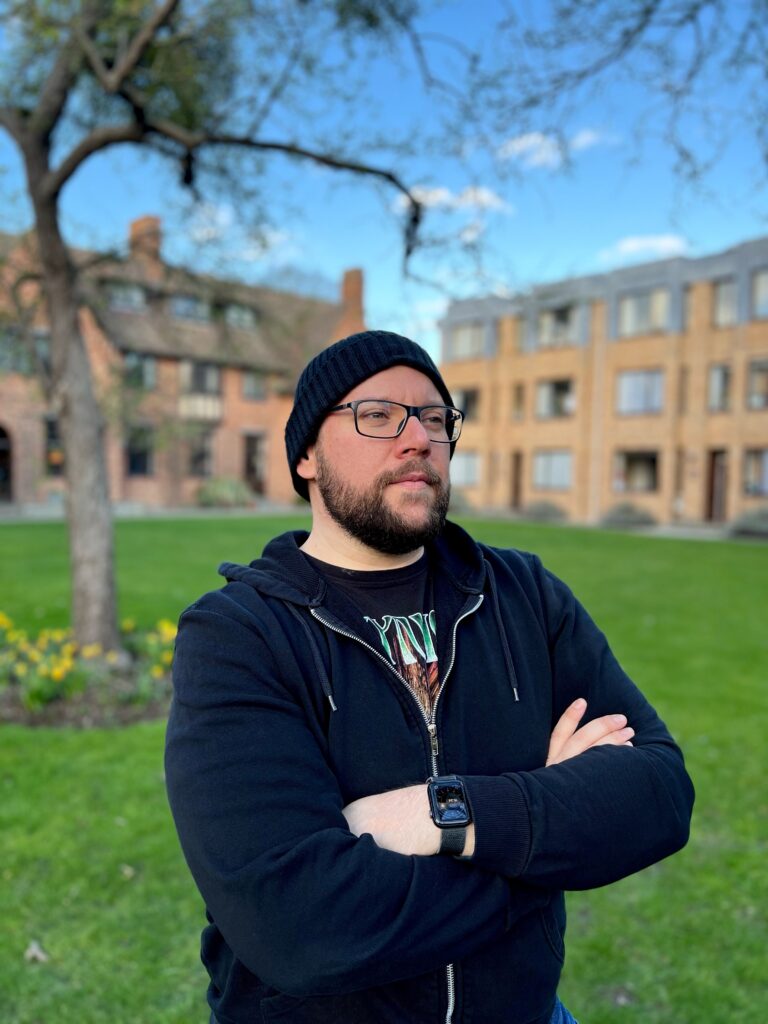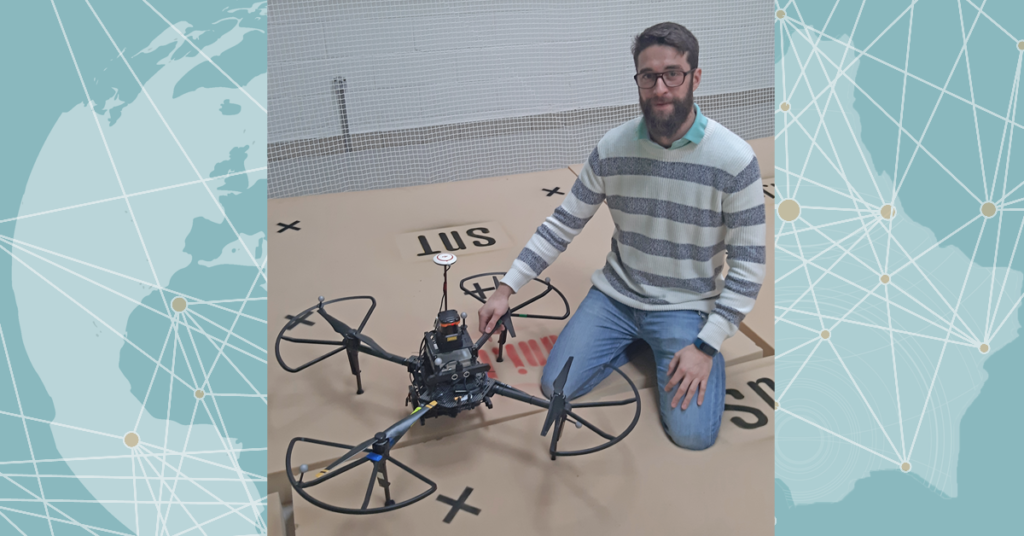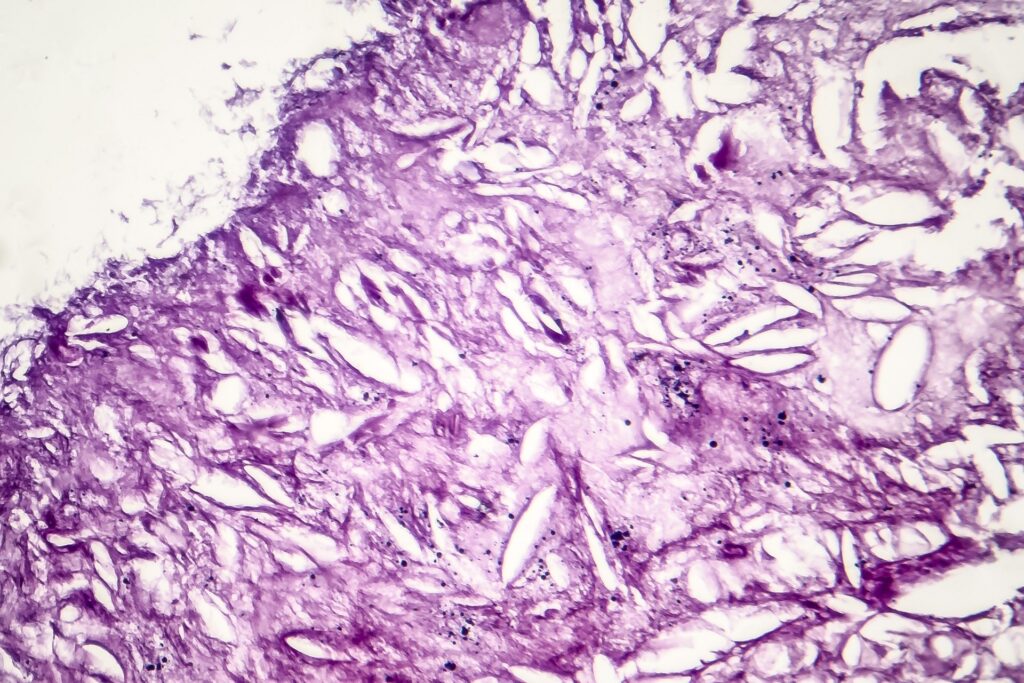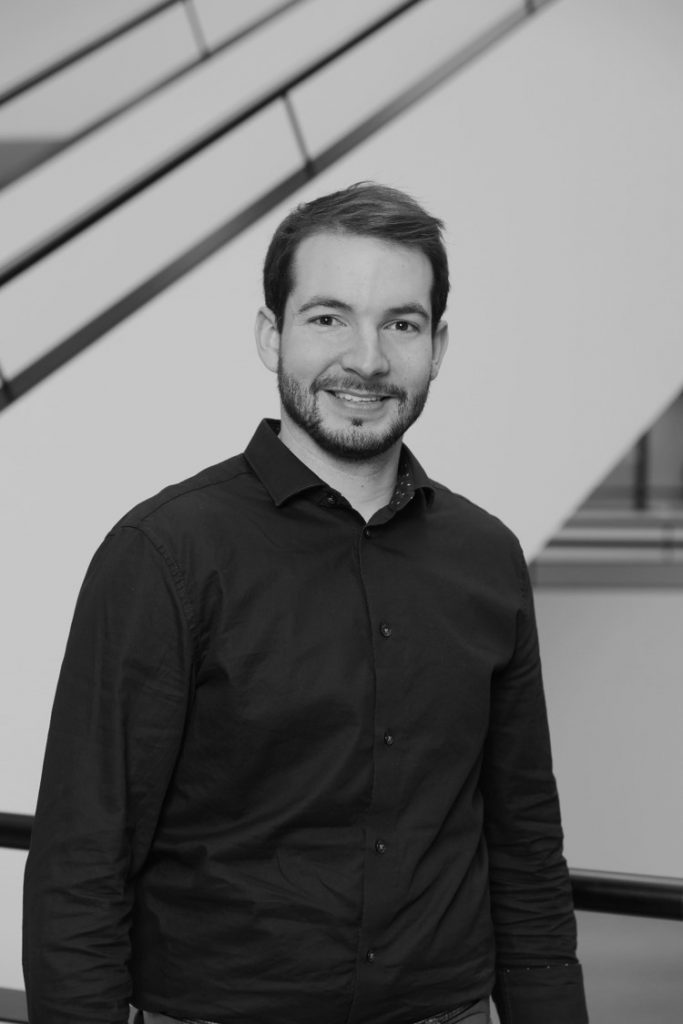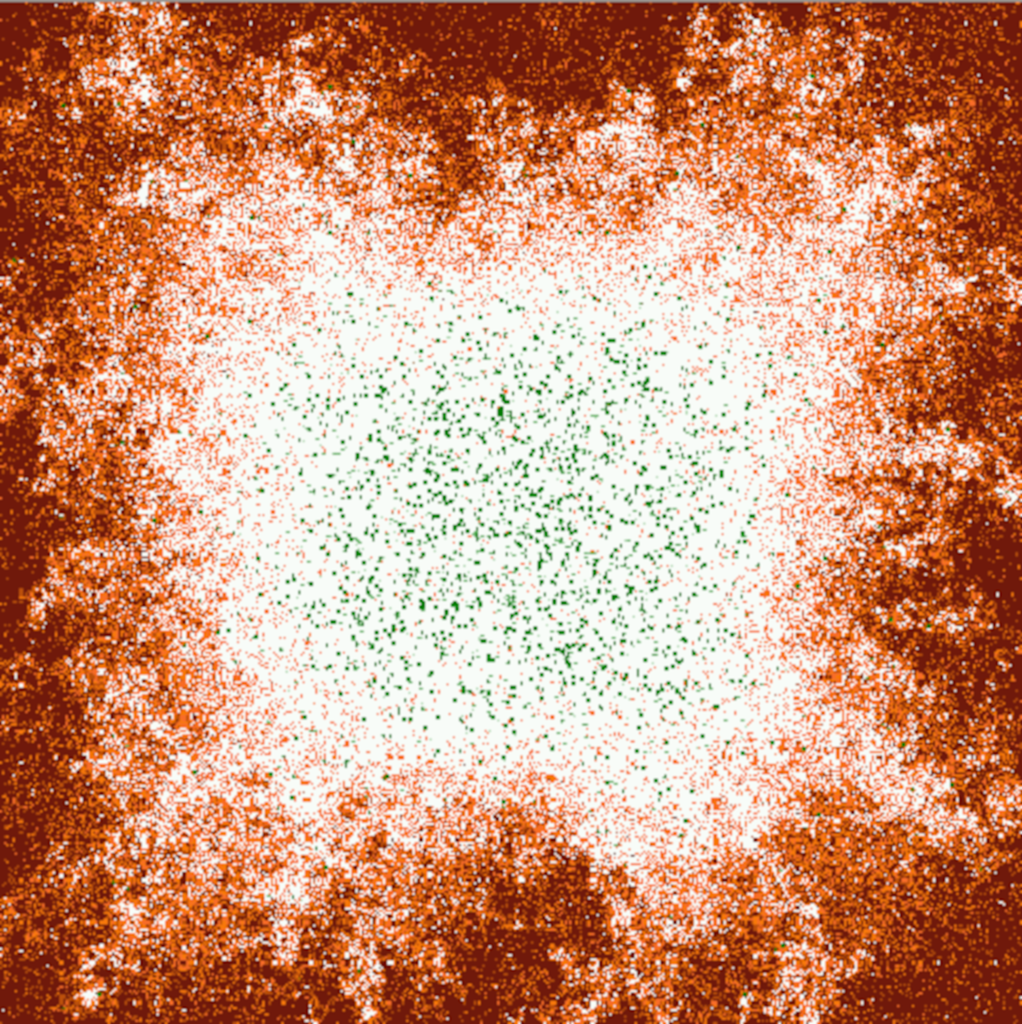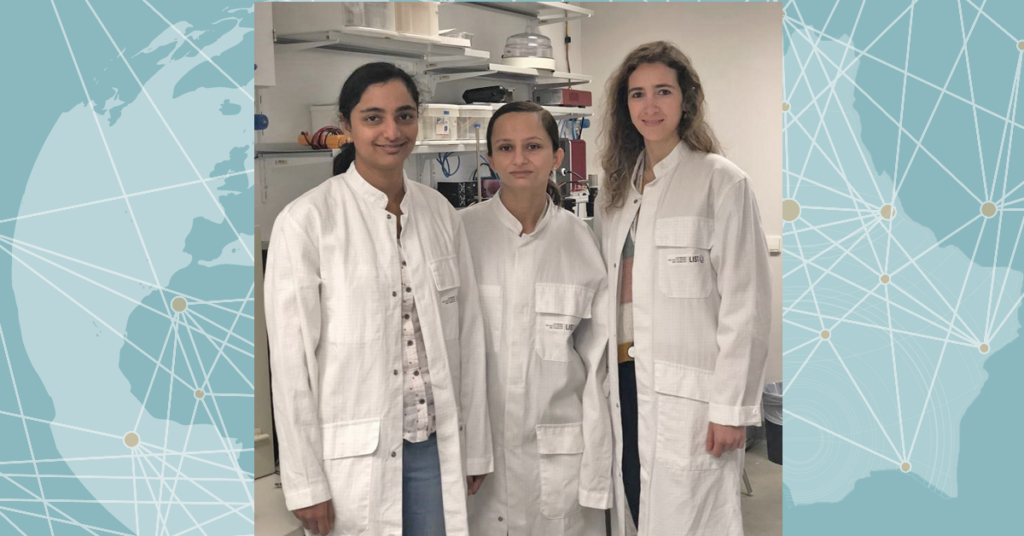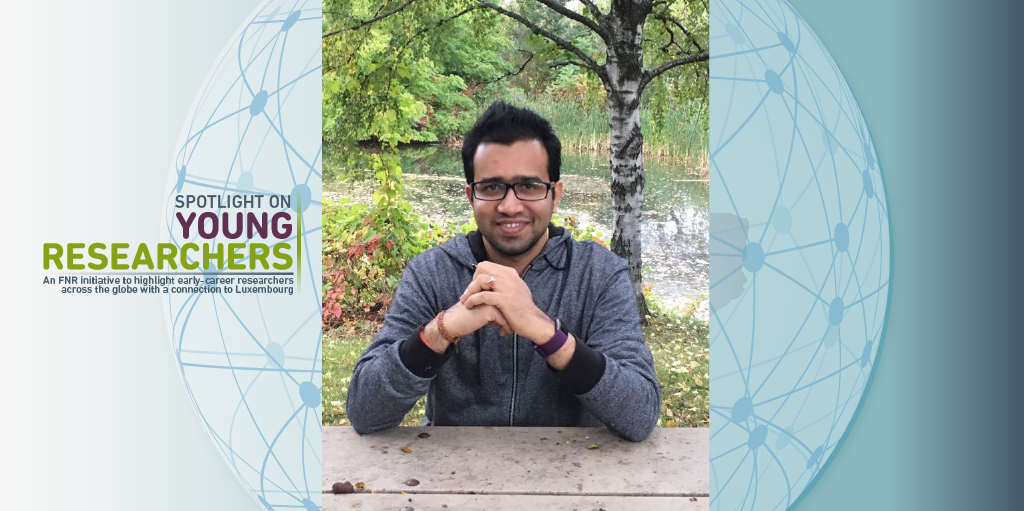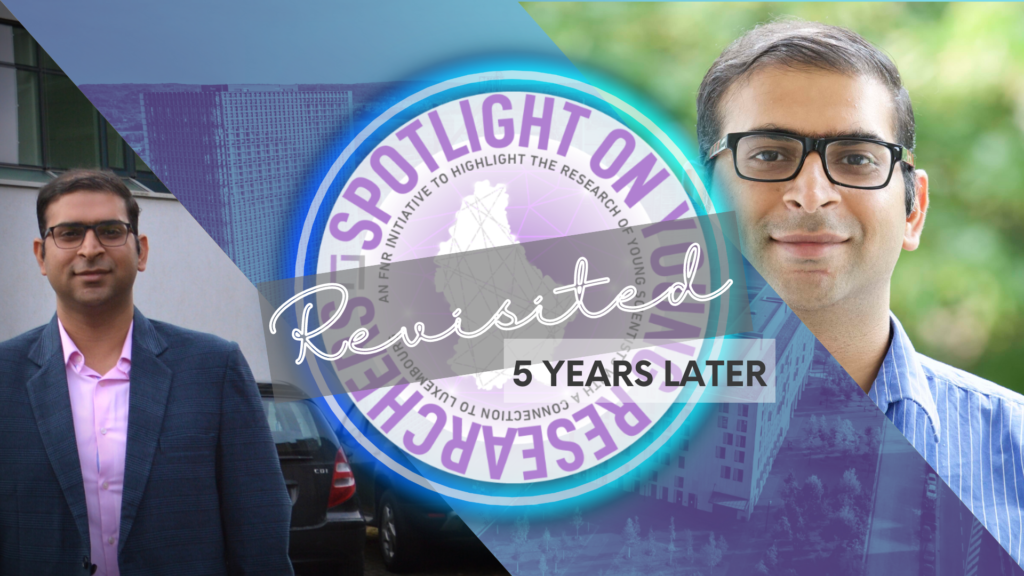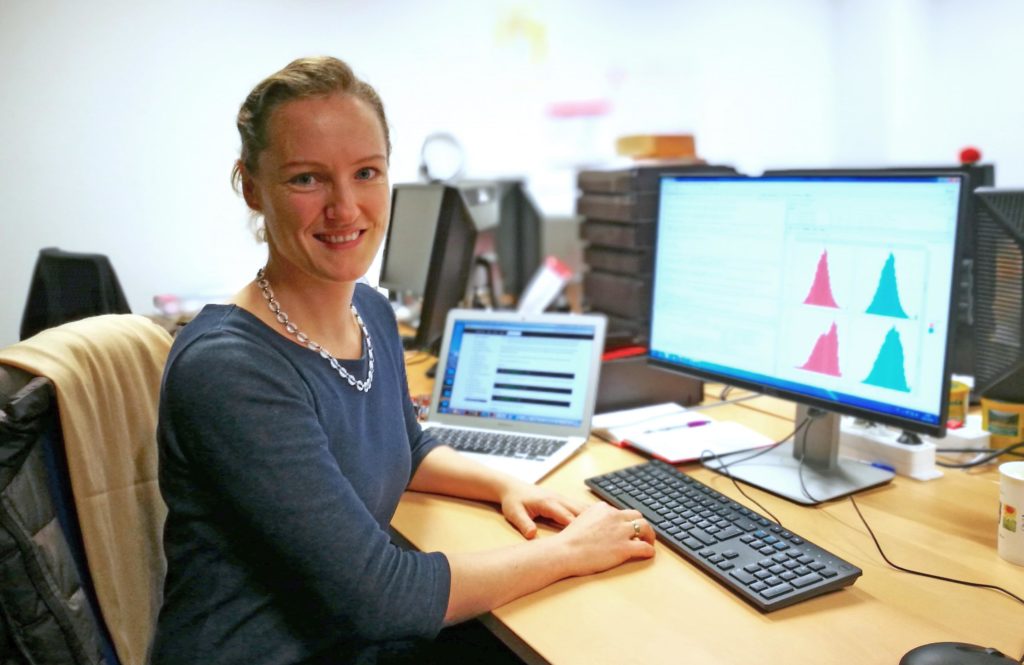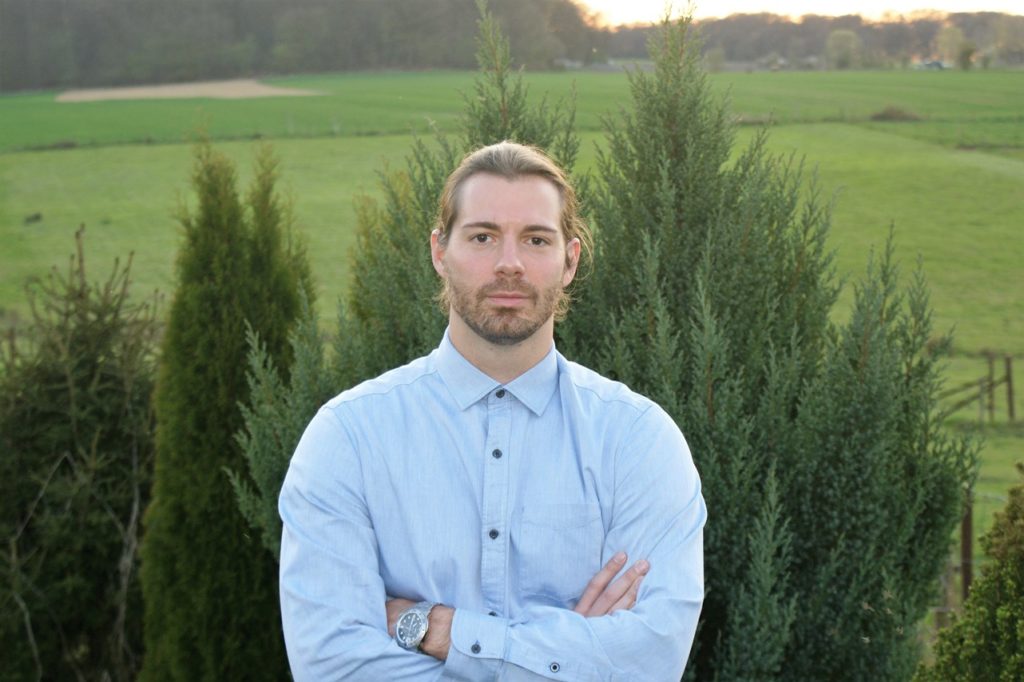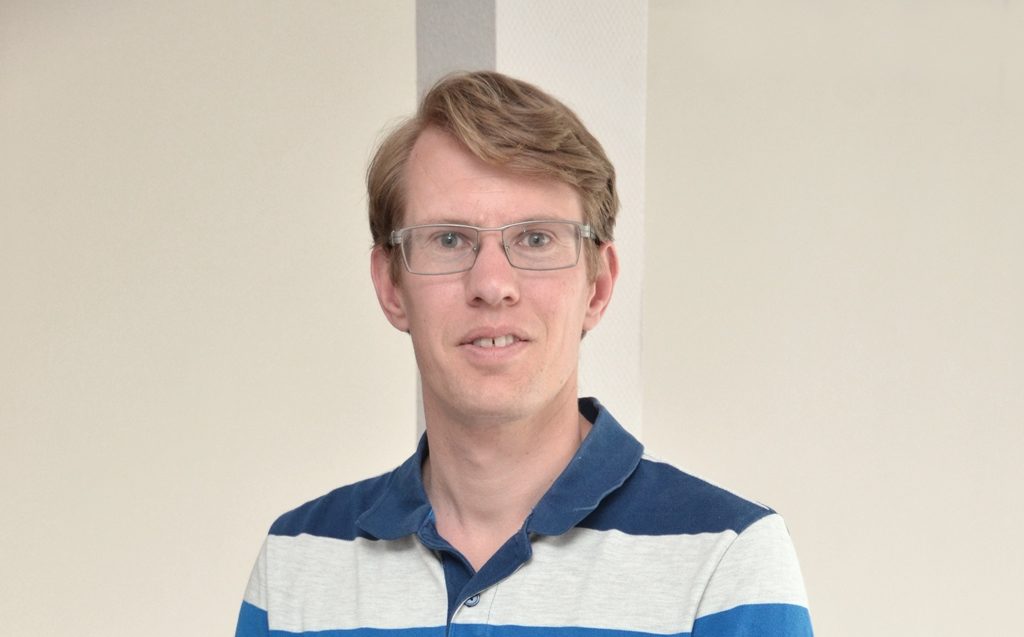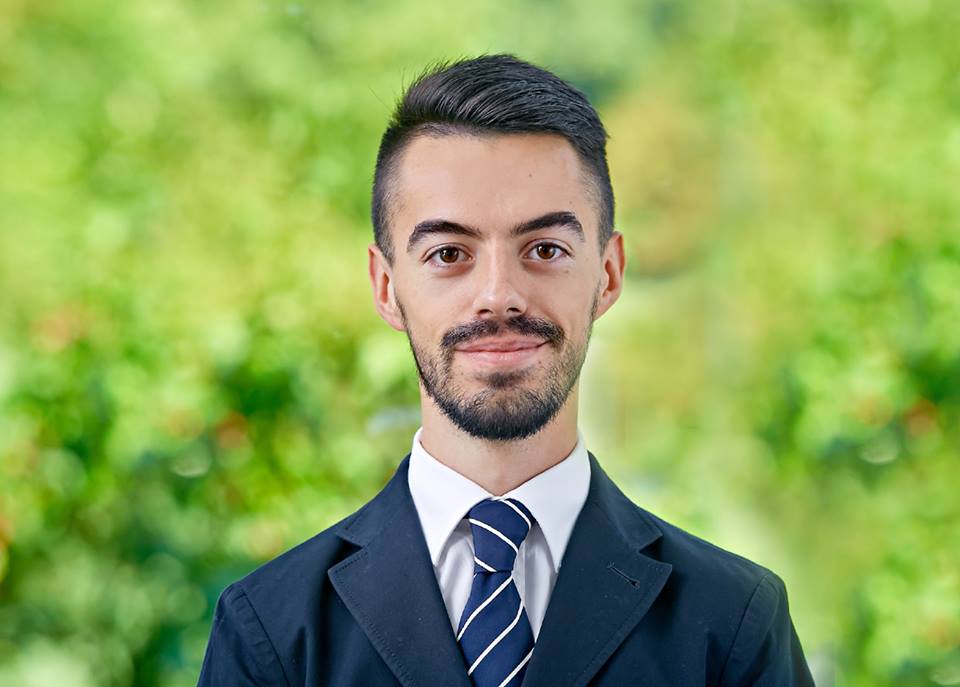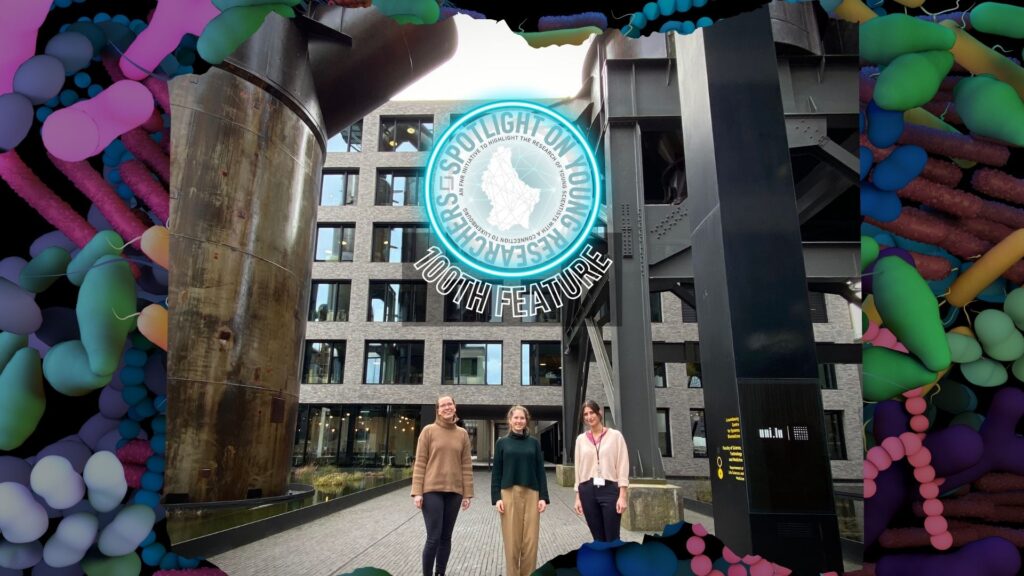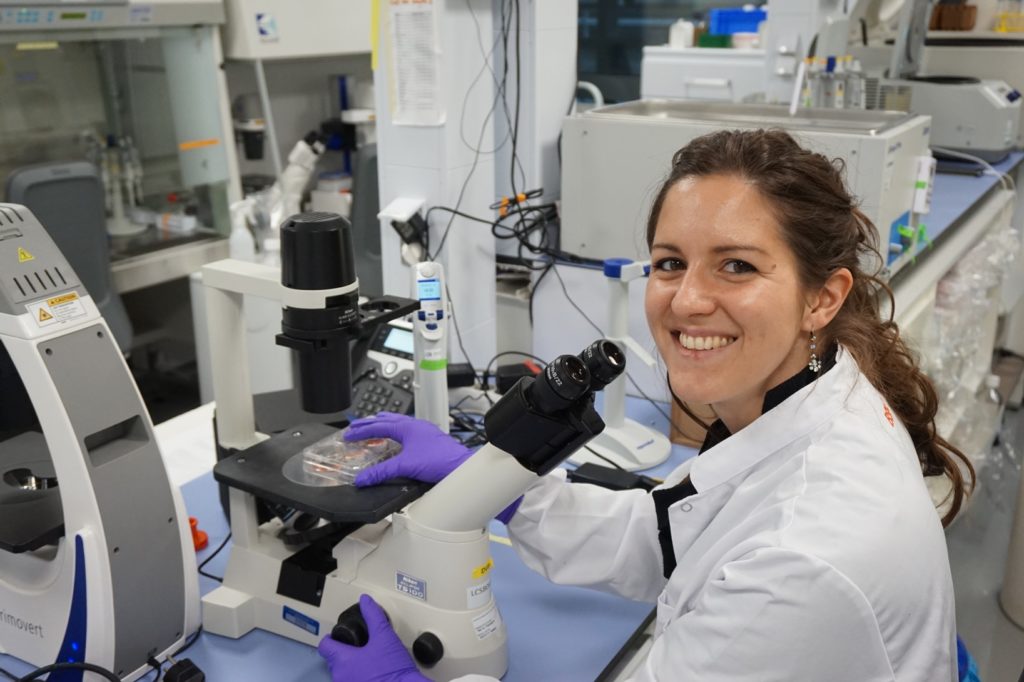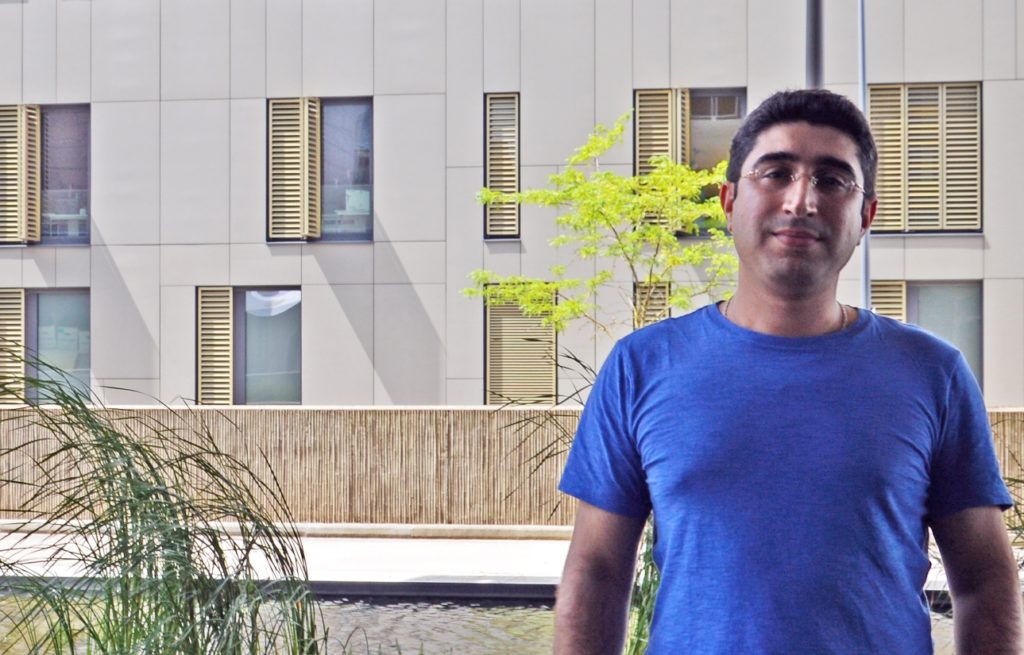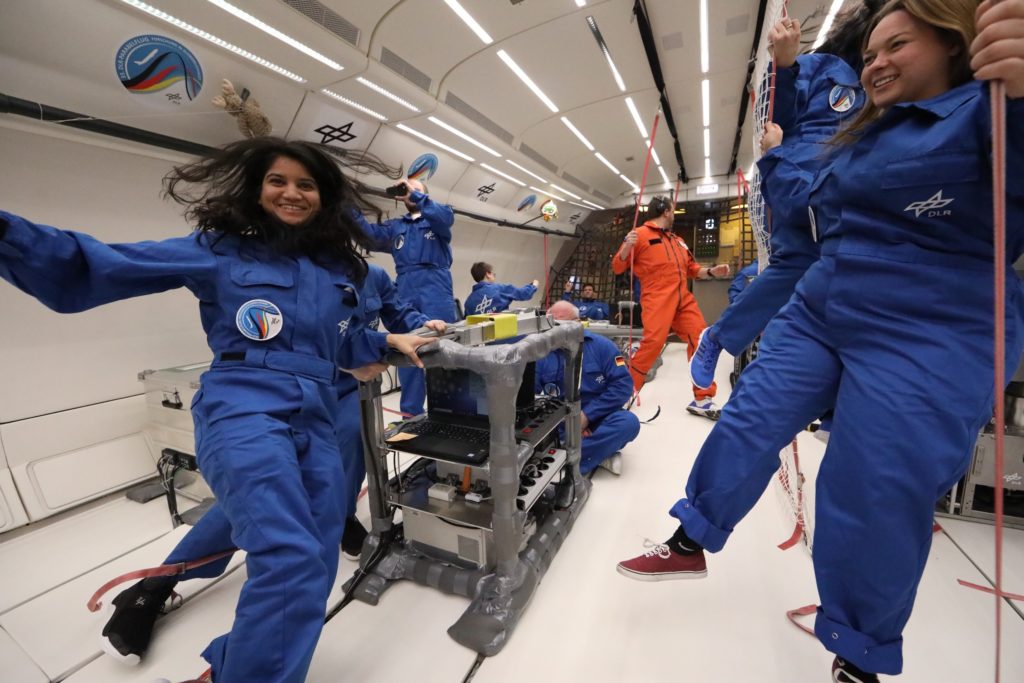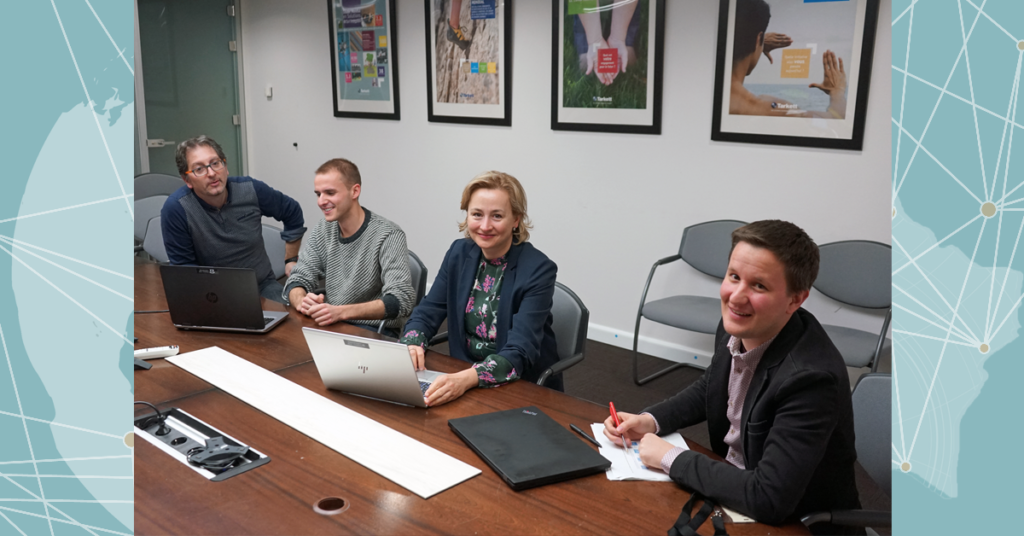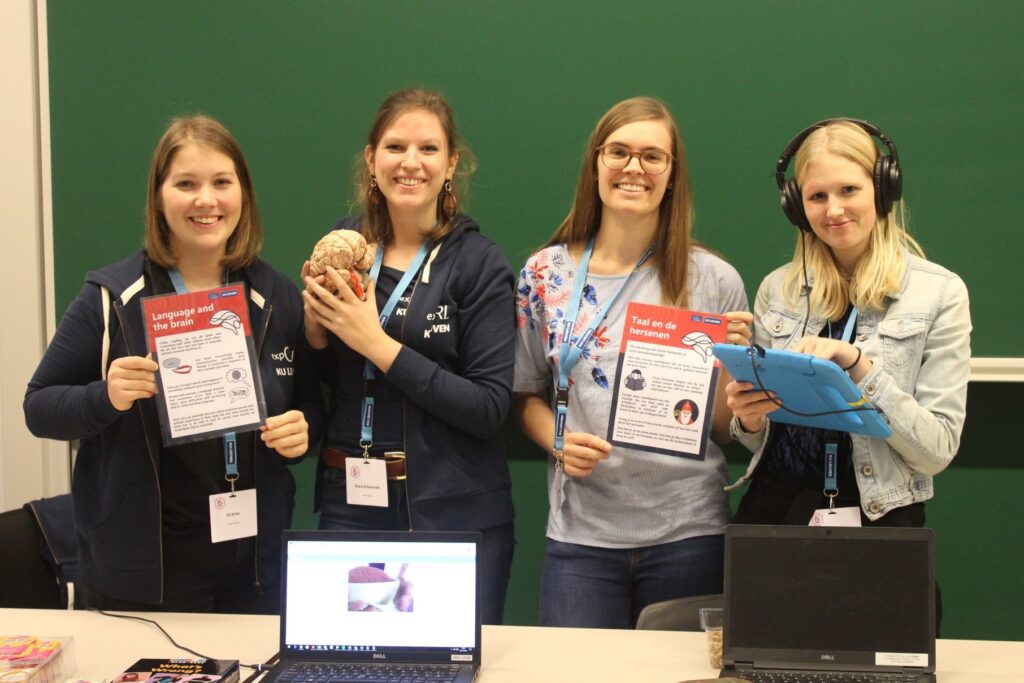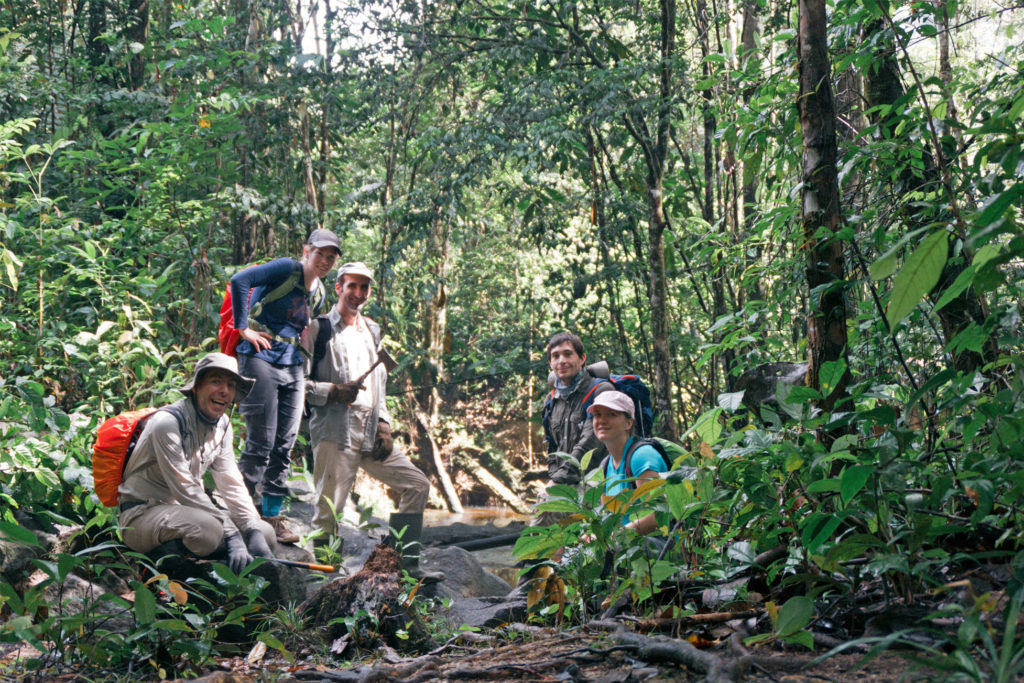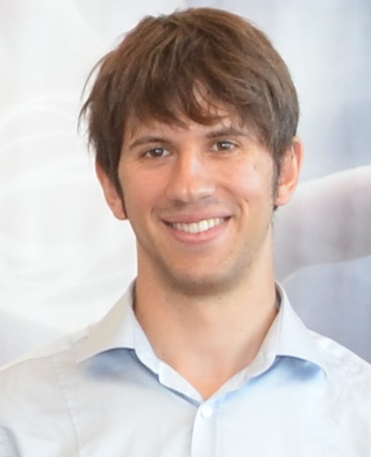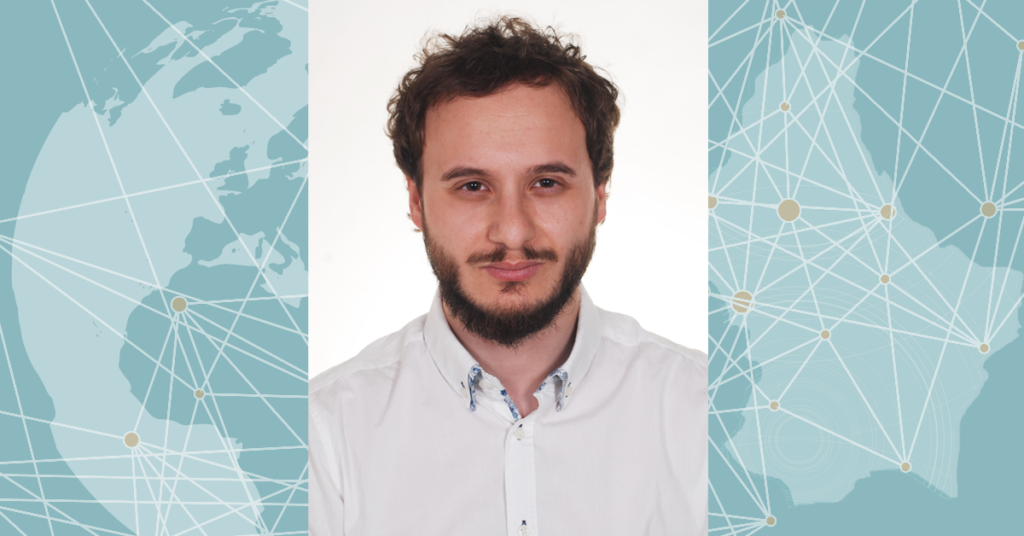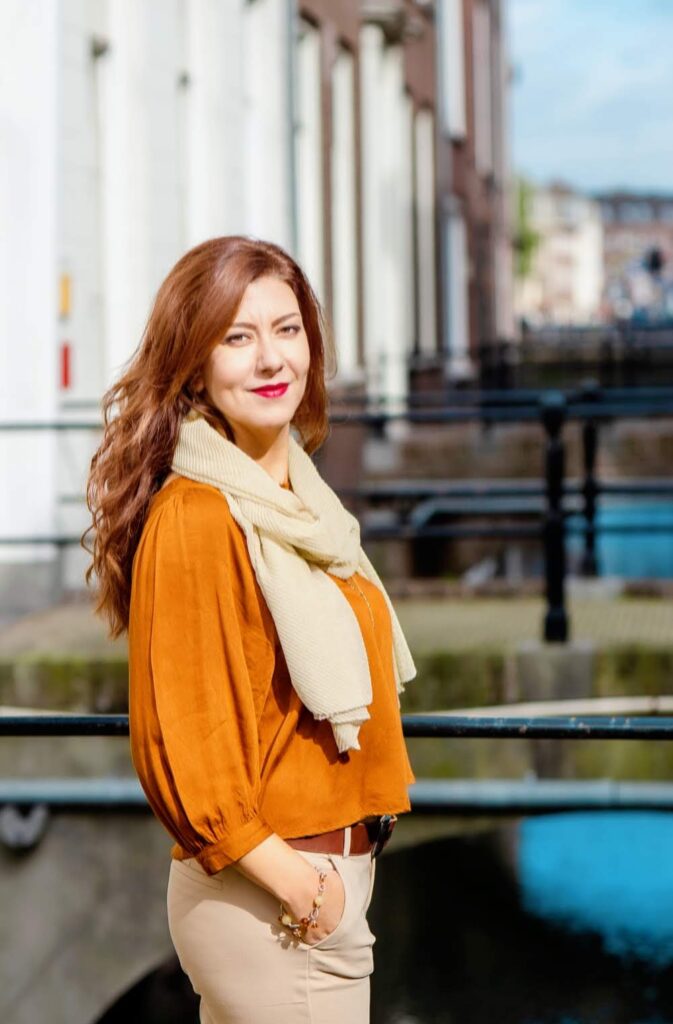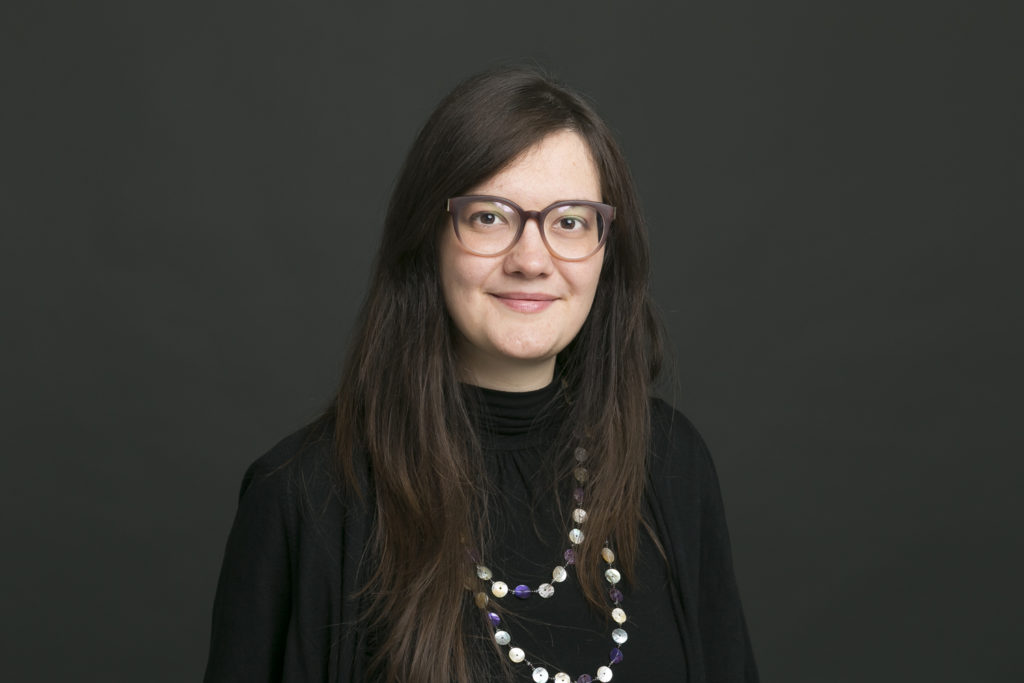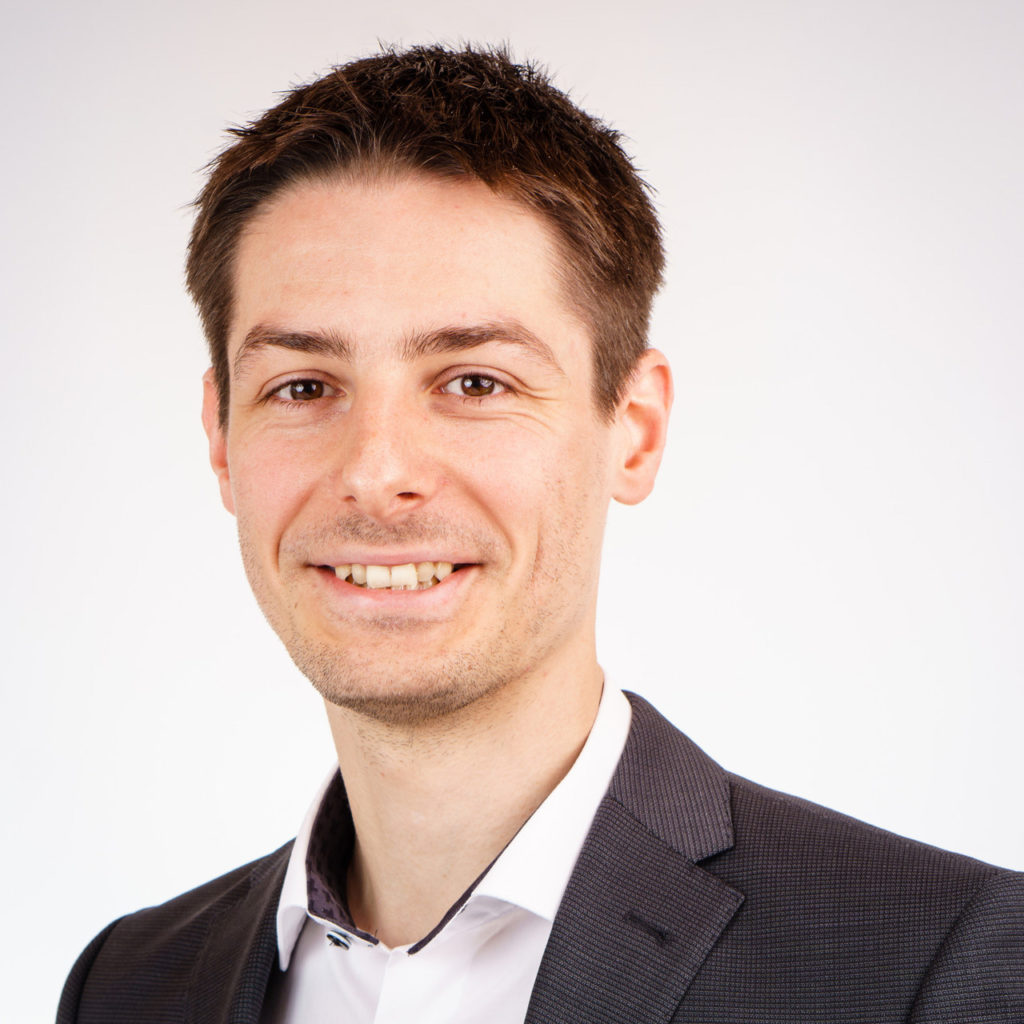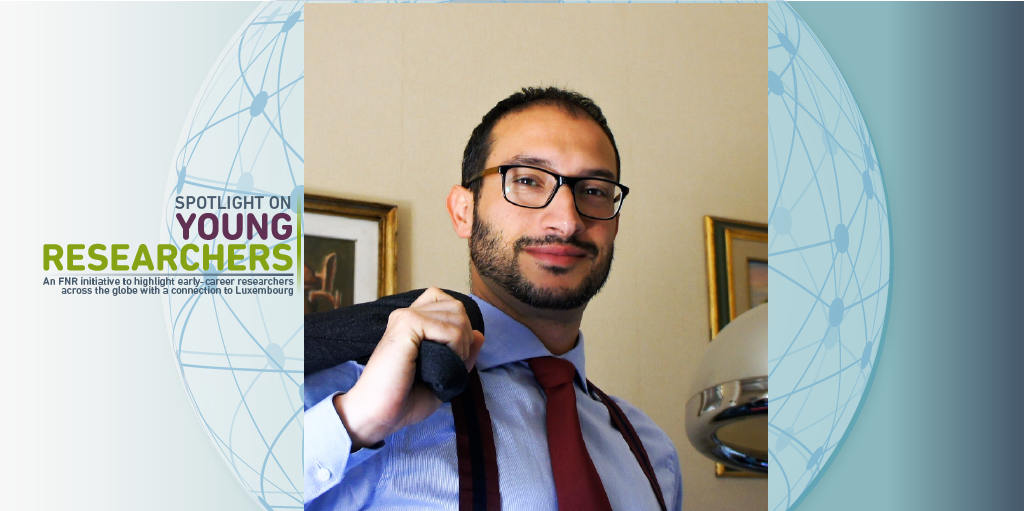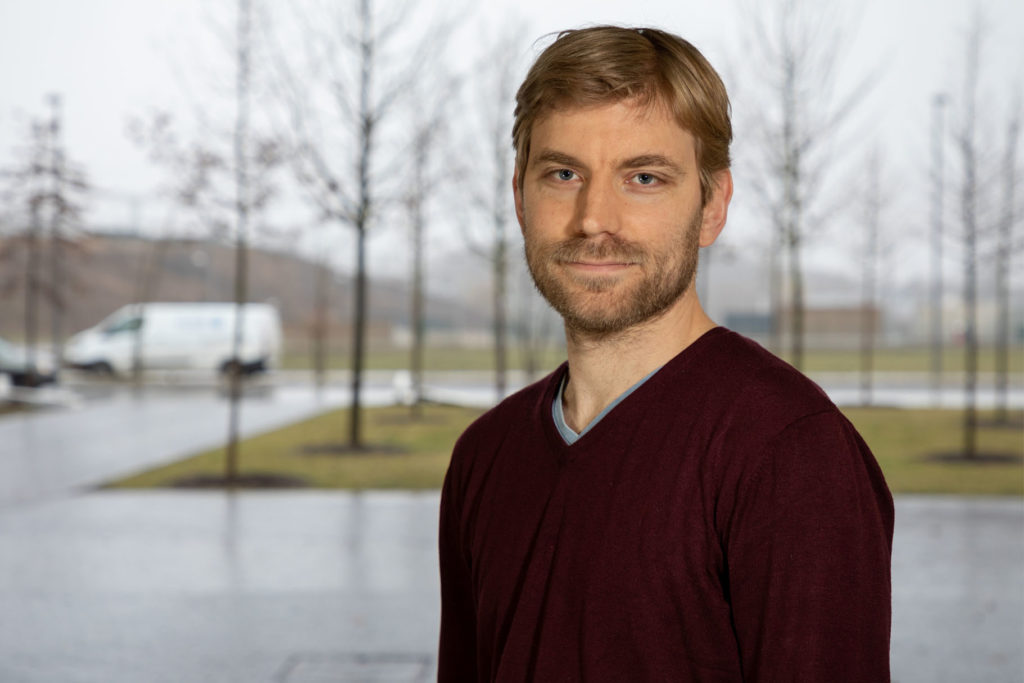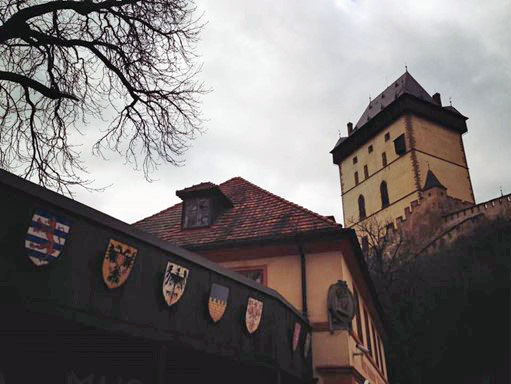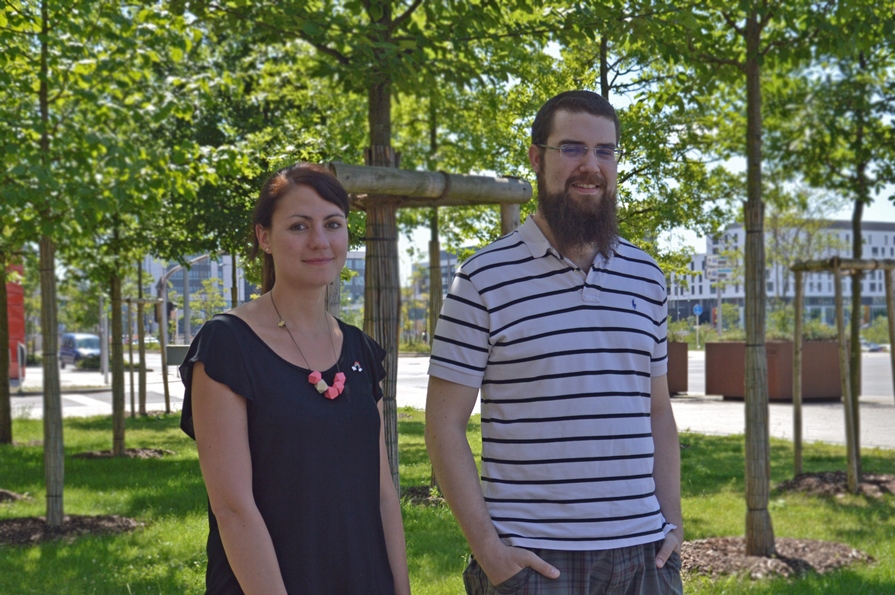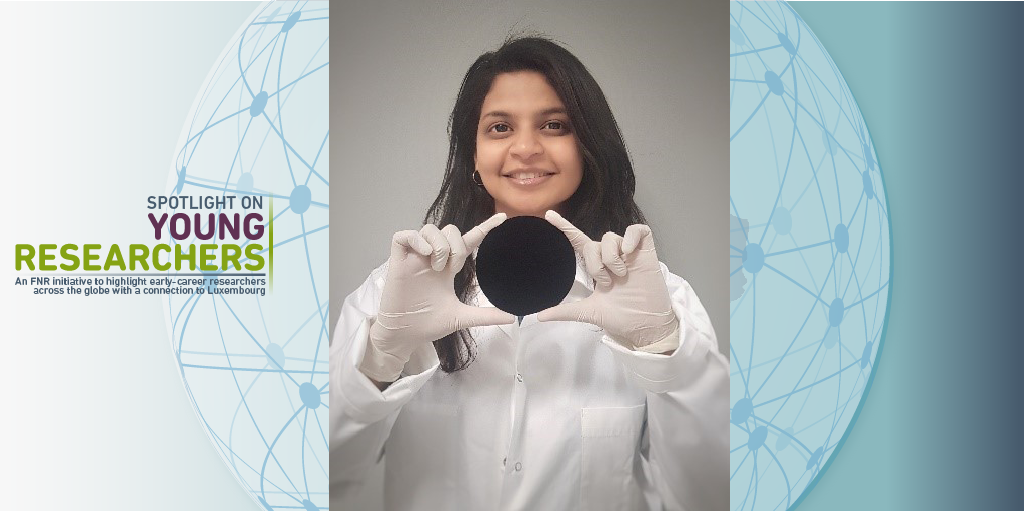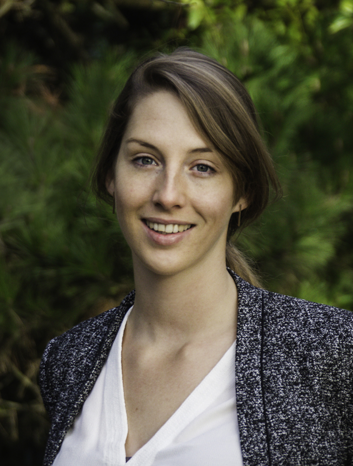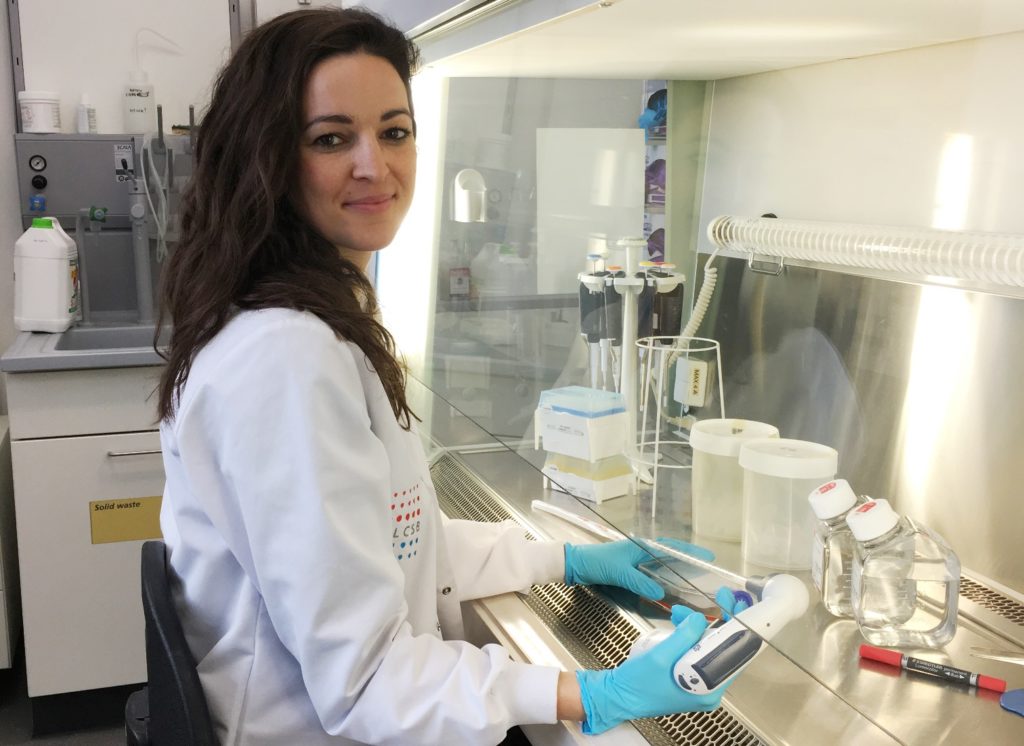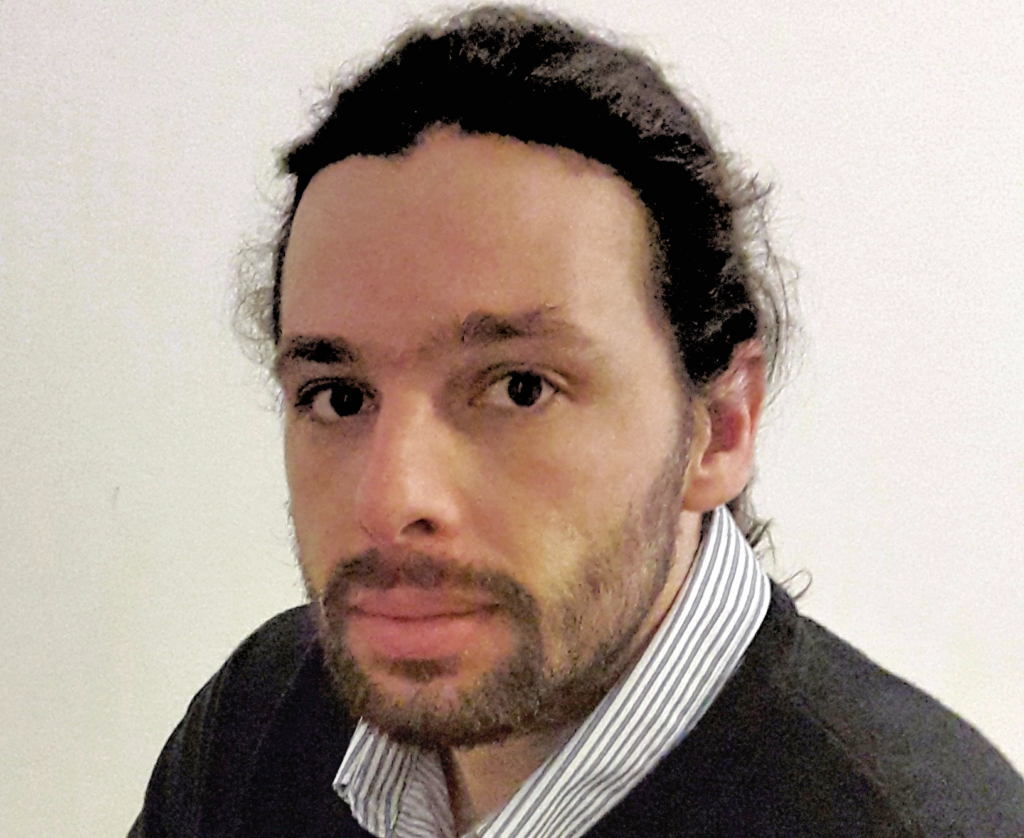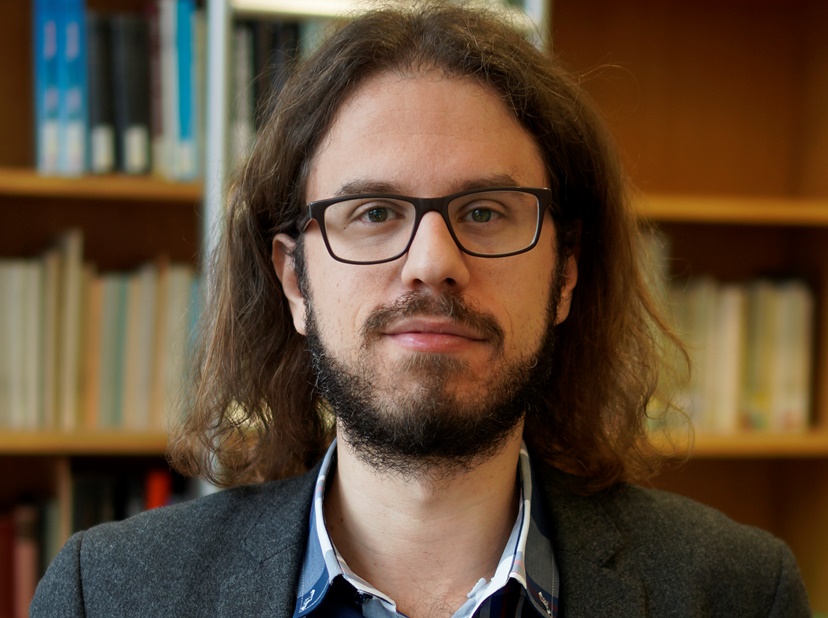
Can we truly trust current blockchain technology to securely automate important processes in the financial sector? Christof Ferreira Torres wants to answer this question. In the framework of his Industrial Fellowship PhD with the University of Luxembourg and the bank Spuerkeess (BCEE), the Portuguese national works on the security of smart contracts and the detection of fraudulent transactions – because gaps in security can quickly mean high costs for thousands of people.
Blockchain technology is considered one of the most disruptive technologies since the invention of the Internet. Blockchain is a growing list of records – blocks – which are linked using cryptography. Every block contains a cryptographic hash of the block before it, along with a timestamp, and transaction data. By design, a blockchain is resistant to modification of the data.
Blockchain is a hot topic in the financial industry, and was originally developed for the digital currency Bitcoin, but has since expanded: banks can for example use it for the processing of payments.
However, where there is money, there is an increased need for security, especially when it is in the digital realm – this is where Christof Ferreira Torres comes in – queue keyword ‘smart contracts’:
“Smart contracts are programs that are automatically executed across the individual participants of a blockchain”, Christof, who works on assessing the security and privacy of existing blockchain technologies for the financial sector, explains.
“My objective is to improve the current state-of-the-art analysis tools for the security assessment of smart contracts. The tools and algorithms developed during my PhD project will find direct implementation for my industry partner. For example, the BCEE will use my tools to evaluate the security of their own as well as other smart contracts. They will also use my solutions to detect and prevent financial fraud on the blockchain.”
“Lack of security can have devastating consequences for thousands of people”
Despite only being in the first year of his PhD, Christof has already been able to see how important his work is, when he developed a tool called ‘Osiris’, which detects integer bugs in smart contracts:
“I happened to find many smart contracts that are vulnerable to this type of bug, but one of them carried roughly a value of $30,000. This result showed me how important my work actually is, as the lack of security can have devastating consequences for thousands of people.”
“Before I start researching a topic, I always ask myself ‘is this relevant for both, academia and my industrial partner’?”
Christof’s PhD project is an Industrial Fellowship, meaning it is a collaboration between a public research partner (in this case the SnT at the University of Luxembourg) and an industry partner (in this case Spuerkeess / BCEE, a Luxembourgish bank). Because he is working on an issue of importance for the daily business of his industry partner, he feels a research-industry PhD both more challenging and rewarding than if he was ‘just’ at a public research institution, where the impact is not so immediate. Christof explains:
“You do not only have to satisfy the expectations of your academic supervisor, but you also need to satisfy the expectations of your industrial partner. For example, before I start researching on a topic, I always have to ask myself if this is relevant for both, academia and my industrial partner. This may sound easy, but it is rather challenging, as academia and industry often do not go hand in hand.”
“The one side prefers novel work, which can be fully theoretical, whereas the other side prefers work that can be applied in practice.”
“Nevertheless, I think that a PhD in industry can also be very rewarding. For example, you see how your research quickly finds its way into production and that it can actually be used to solve real-world problems. Also, that it can improve the everyday life of people already now, and not just in 20 years.”
It is not only Christof who benefits by being able to see almost immediate impact of his work – companies working on collaborations with public research institutions get access to expertise they otherwise may not have, which can help them stay innovative – and ahead of the competition.
Working closely with both sides
Christof spends two days per week at the offices of his industry partner Spuerkeess (BCEE), in the heart of Luxembourg City, and the other three he spends at the University. He has two supervisors – one at the University and one at the bank, both of which he sees each week.
“Both institutions are always aware of my progress. I am part of a small R&D team that mainly focuses on the integration of blockchain technology at the BCEE. The team consists of four persons and I work closely together with the team and help them integrate my research results in their existing business solutions,” Christof explains.
Fraud prevention for everyone
Overall, Christof hopes that the new insights his research will shed on existing blockchain technology can be useful beyond just the financial industry.
“More precisely, I hope that the solutions that I develop during my PhD, will be used by thousands of people in the near future and that they will improve their daily life and prevent them from becoming victims of fraud.”
About Spotlight on Young Researchers
Spotlight on Young Researchers is an FNR initiative to highlight early career researchers across the world who have a connection to Luxembourg. The campaign is now in its 4th year, with 45+ researchers already featured. Discover more young researcher stories below.
More in the series SPOTLIGHT ON YOUNG RESEARCHERS
- All
- Cancer research
- Environmental & Earth Sciences
- Humanities & Social Sciences
- Information & Communication Technologies
- Law, Economics & Finance
- Life Sciences, Biology & Medicine
- Materials, Physics & Engineering
- Mathematics
- Research meets industry
- Spotlight on Young Researchers
- Sustainable resource mgmt
- Women in science


